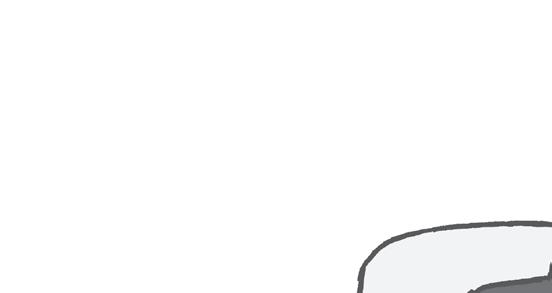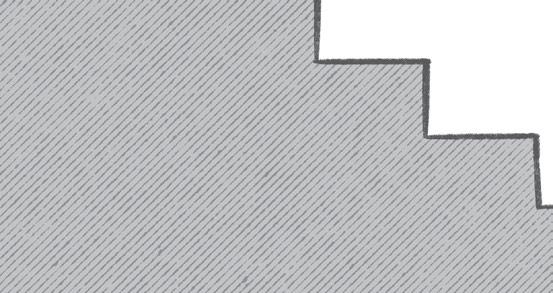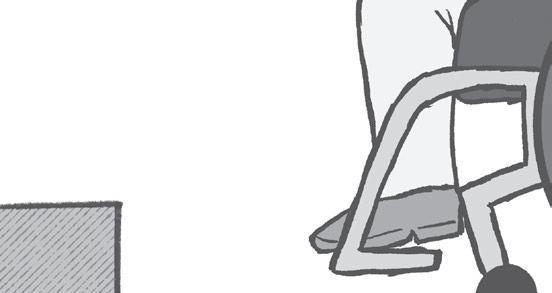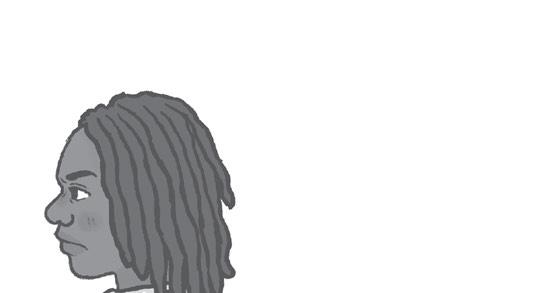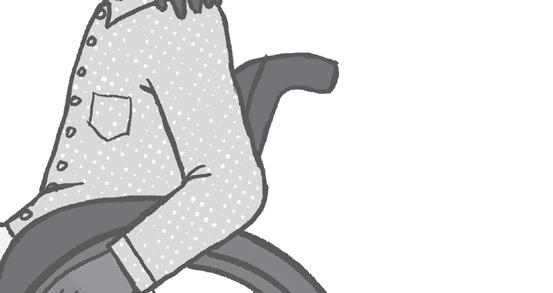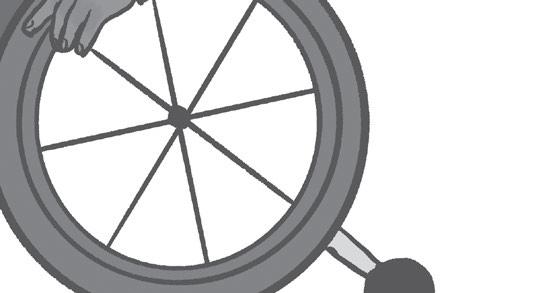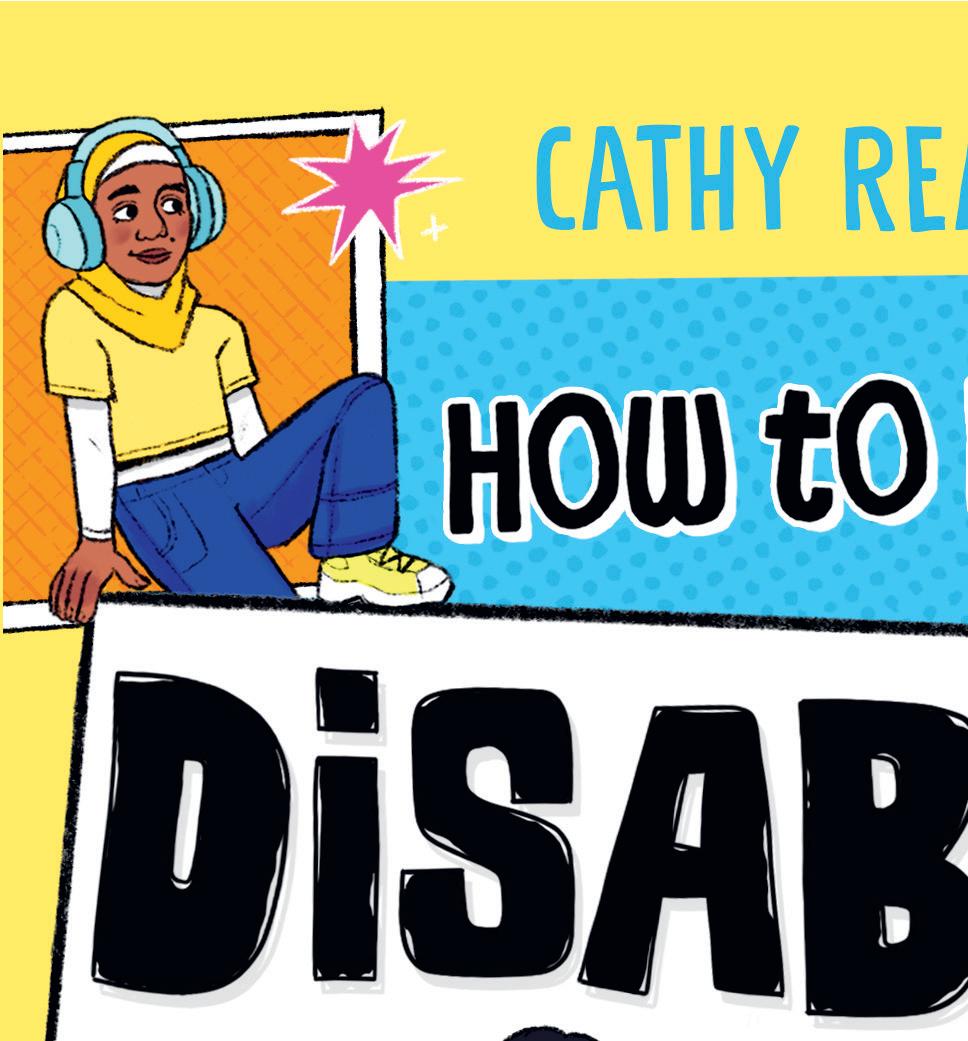
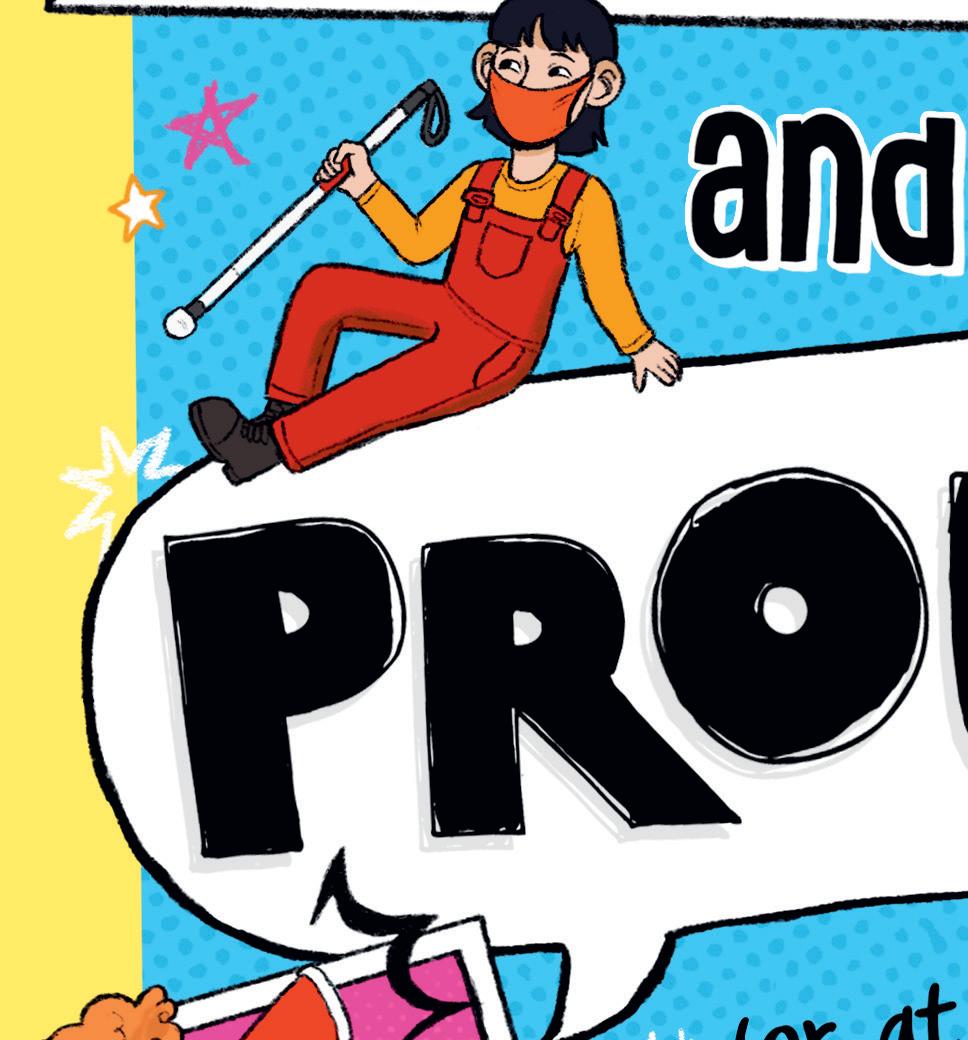
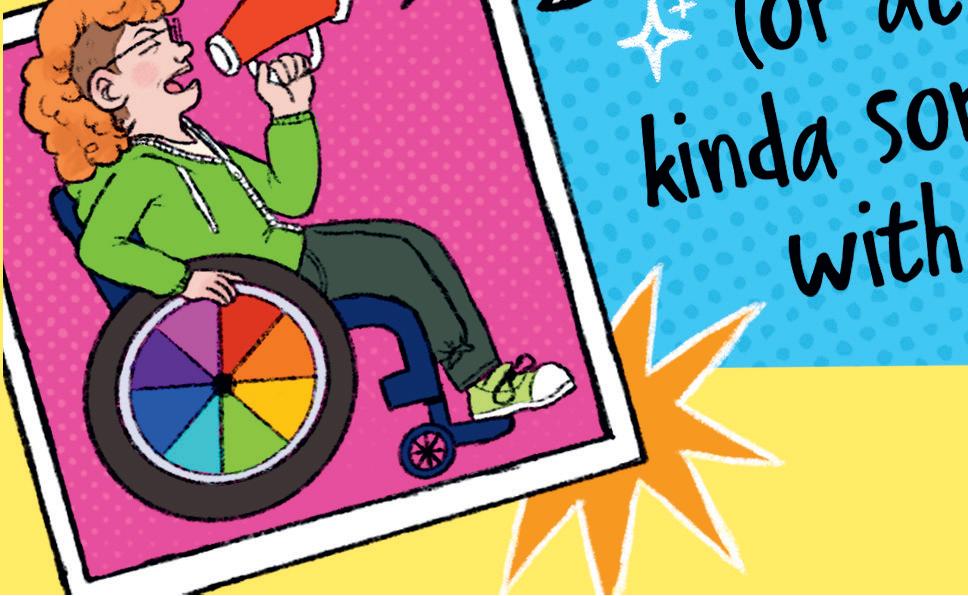
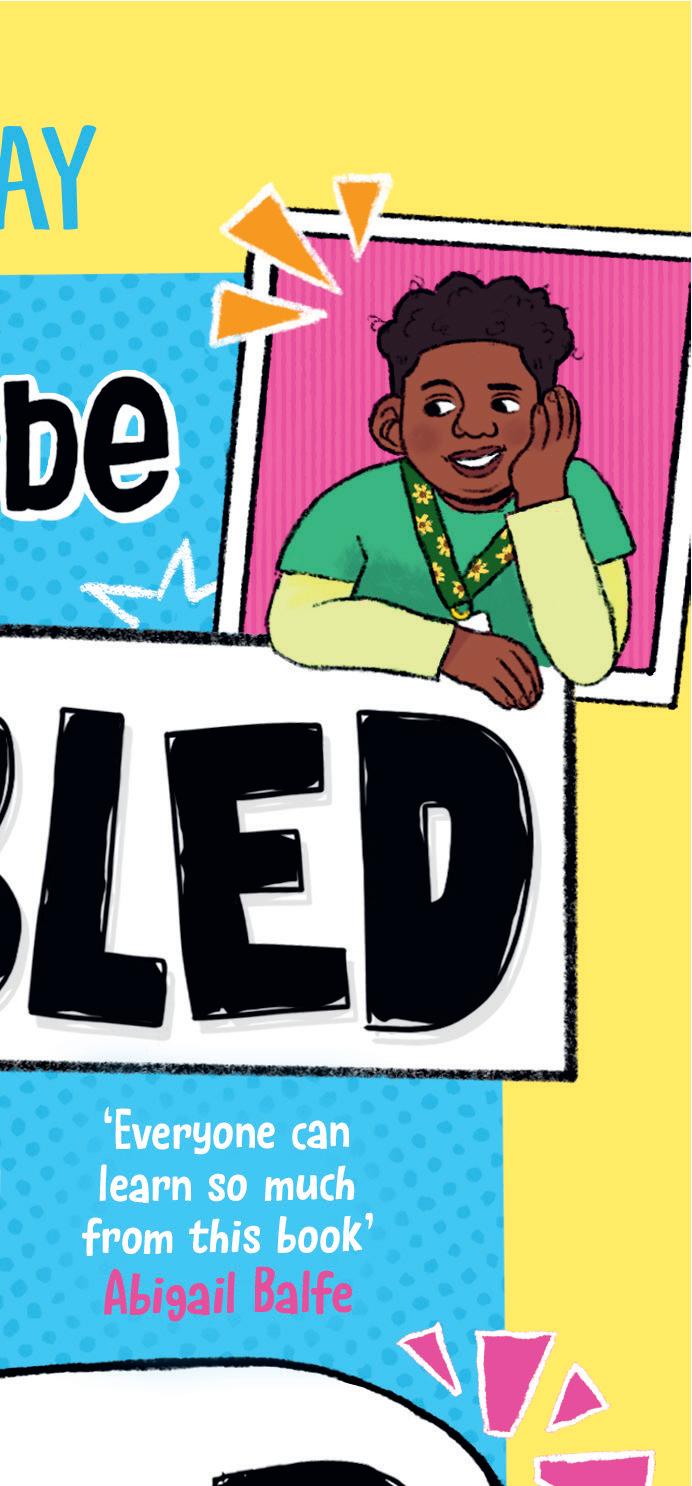
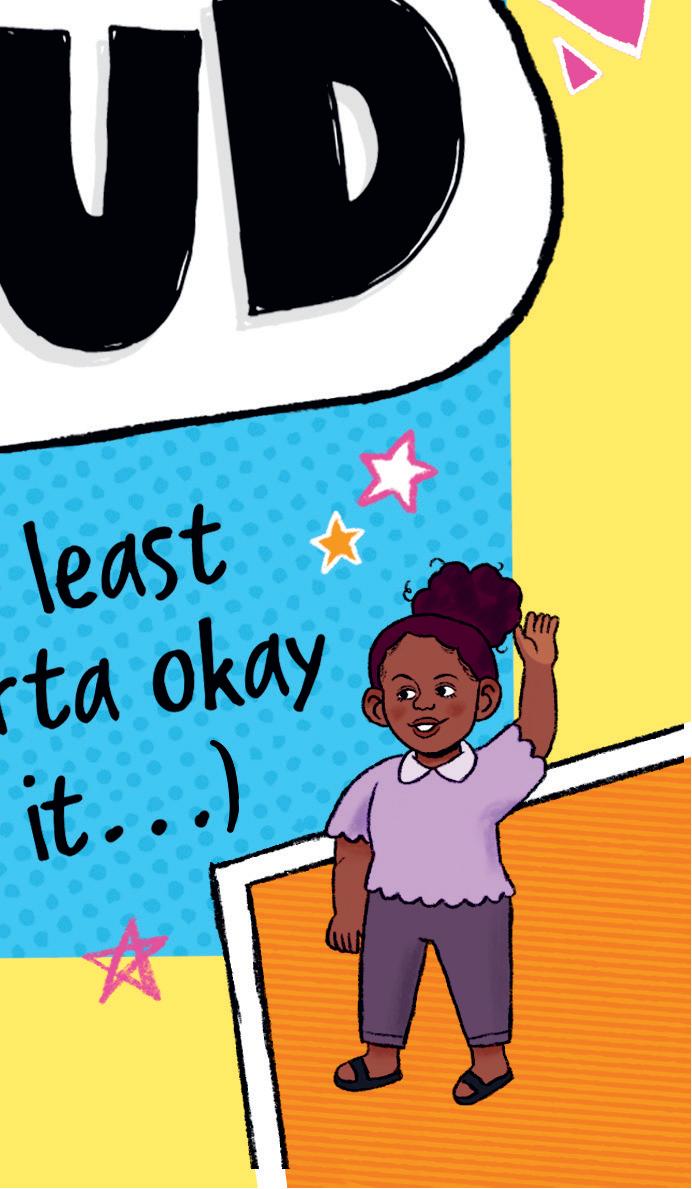
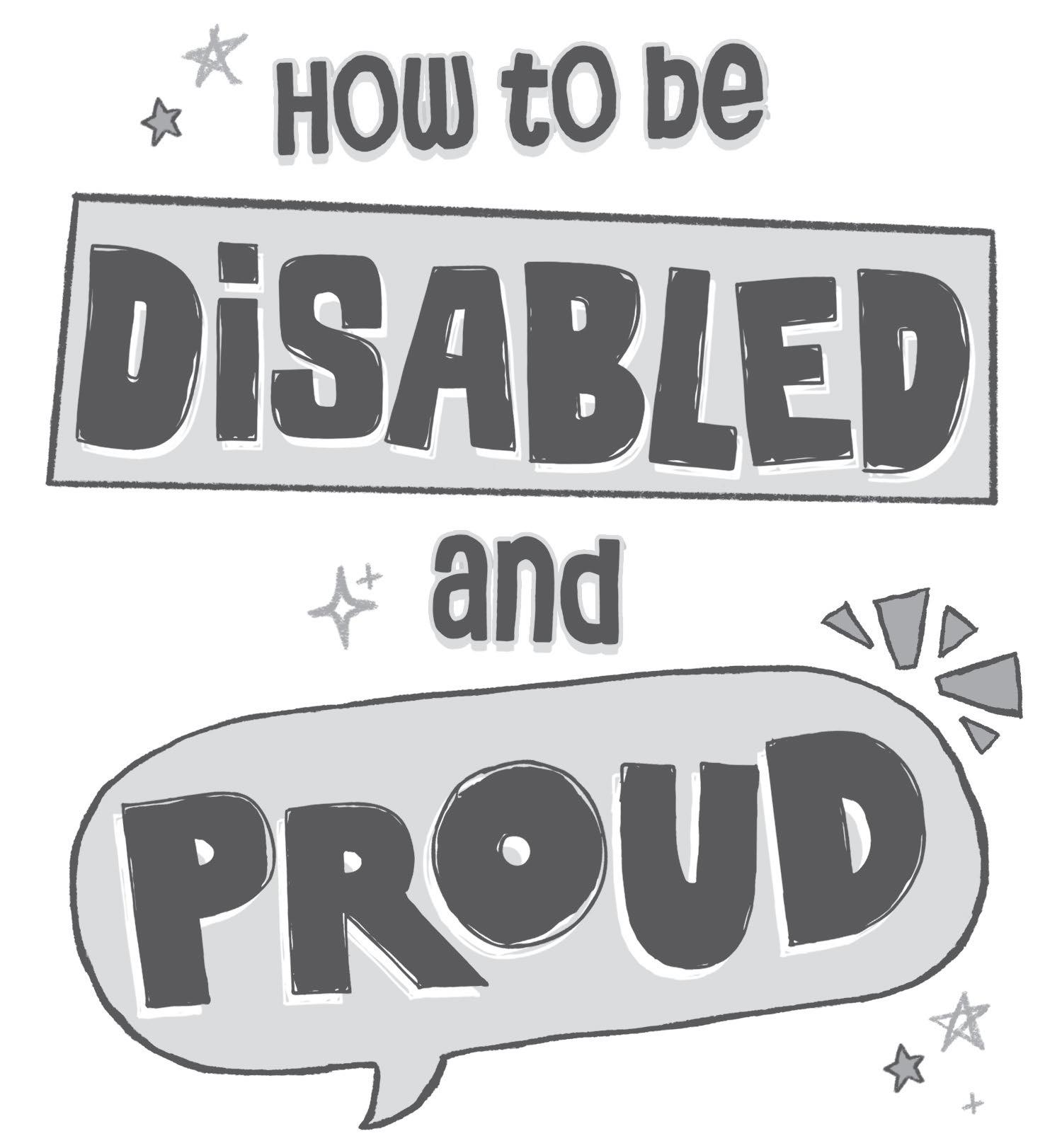







UK | USA | Canada | Ireland | Australia
India | New Zealand | South Africa
Puffin Books is part of the Penguin Random House group of companies whose addresses can be found at global.penguinrandomhouse.com.
www.penguin.co.uk
www.puffin.co.uk www.ladybird.co.uk
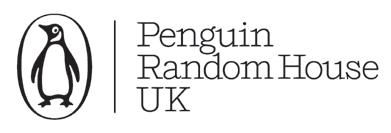
First published 2025 001
Text copyright © Cathy Reay, 2025
Illustrations copyright © Jaleel Hudson, 2025
The moral right of the author/illustrator has been asserted
Penguin Random House values and supports copyright. Copyright fuels creativity, encourages diverse voices, promotes freedom of expression and supports a vibrant culture. Thank you for purchasing an authorized edition of this book and for respecting intellectual property laws by not reproducing, scanning or distributing any part of it by any means without permission. You are supporting authors and enabling Penguin Random House to continue to publish books for everyone. No part of this book may be used or reproduced in any manner for the purpose of training artificial intelligence technologies or systems. In accordance with Article 4(3) of the DSM Directive 2019/790, Penguin Random House expressly reserves this work from the text and data mining exception
Set in Museo Slab Rounded 10.5pt/17pt by Mandy Norman. Printed in Great Britain by Clays Ltd, Elcograf S.p.A
The authorized representative in the EEA is Penguin Random House Ireland, Morrison Chambers, 32 Nassau Street, Dublin D02 YH68
A CIP catalogue record for this book is available from the British Library
ISBN: 978-0-241-67696-7
All correspondence to: Puffin Books
Penguin Random House Children’s One Embassy Gardens, 8 Viaduct Gardens, London SW11 7BW
A CIP catalogue record for this book is available from the British Library
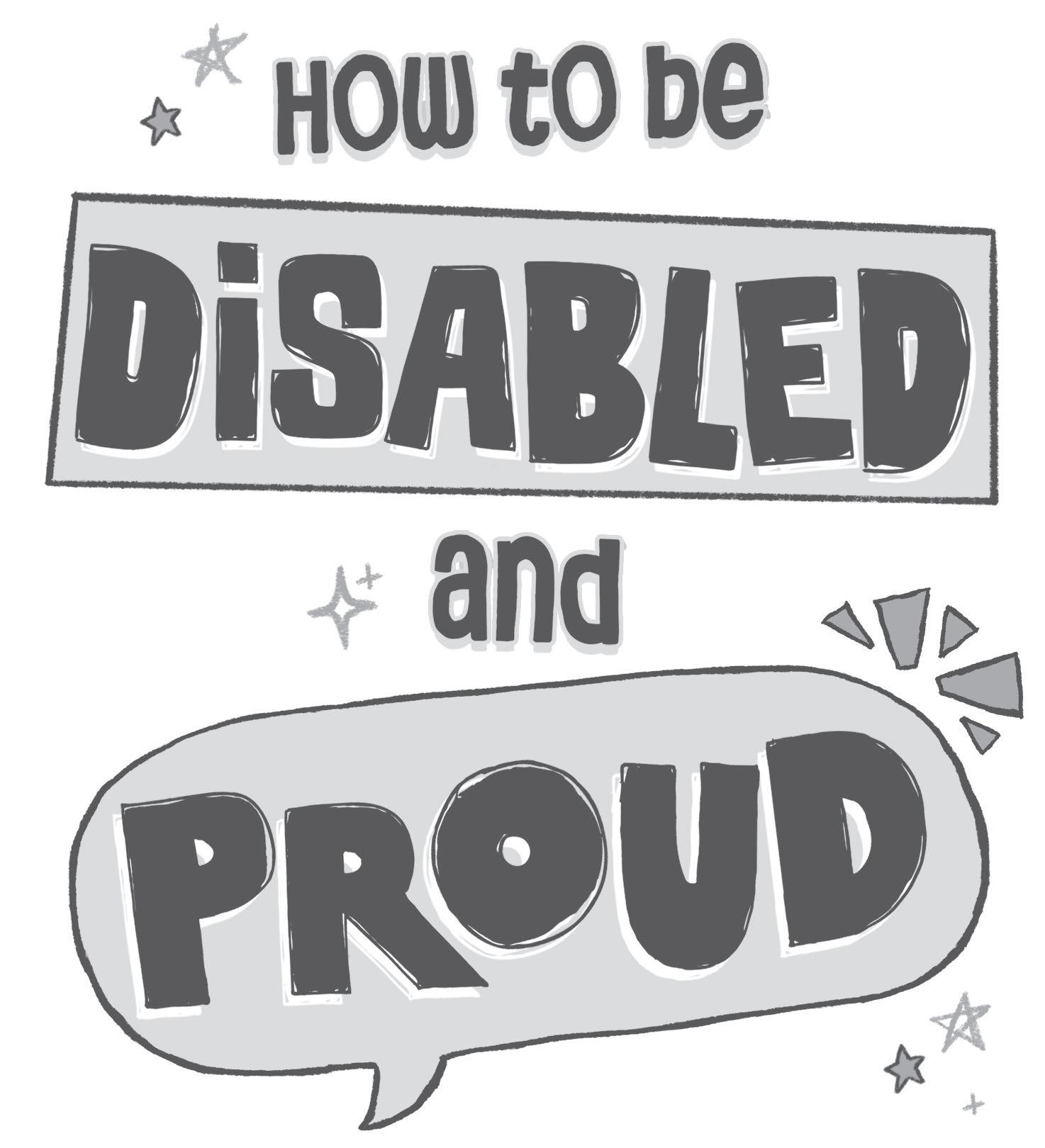





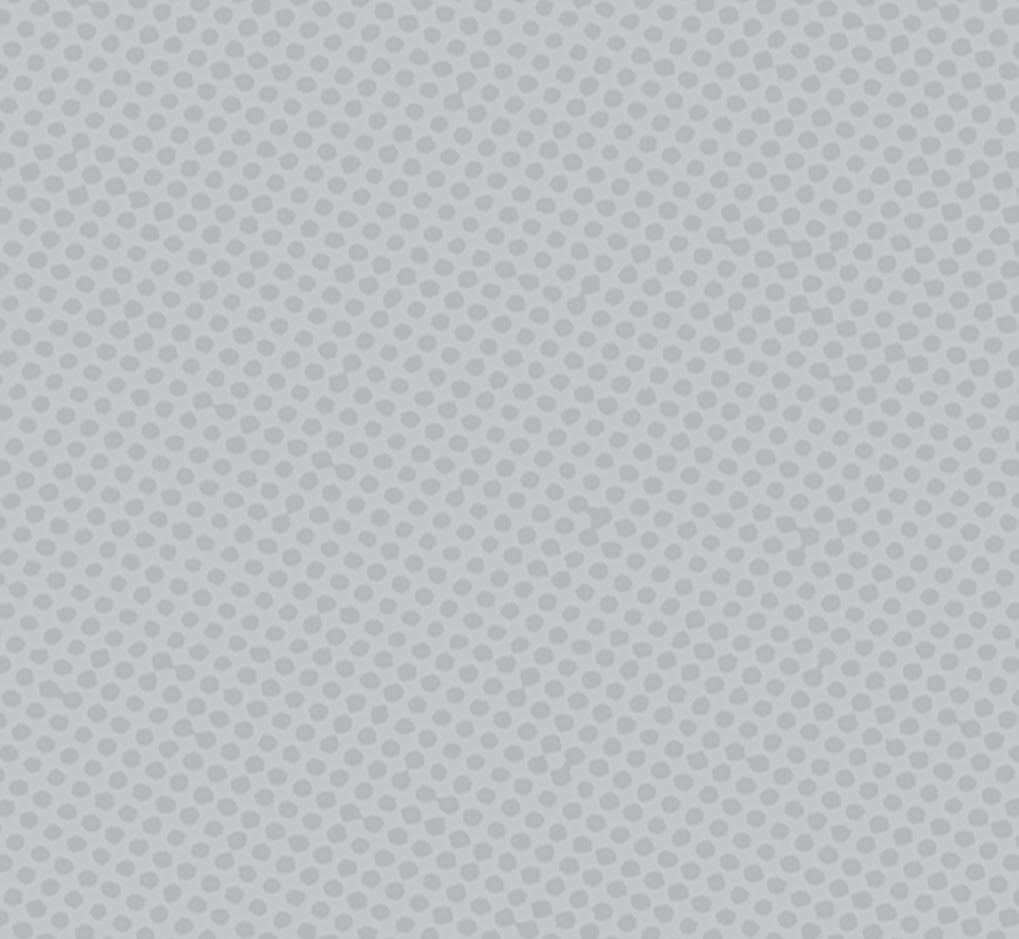
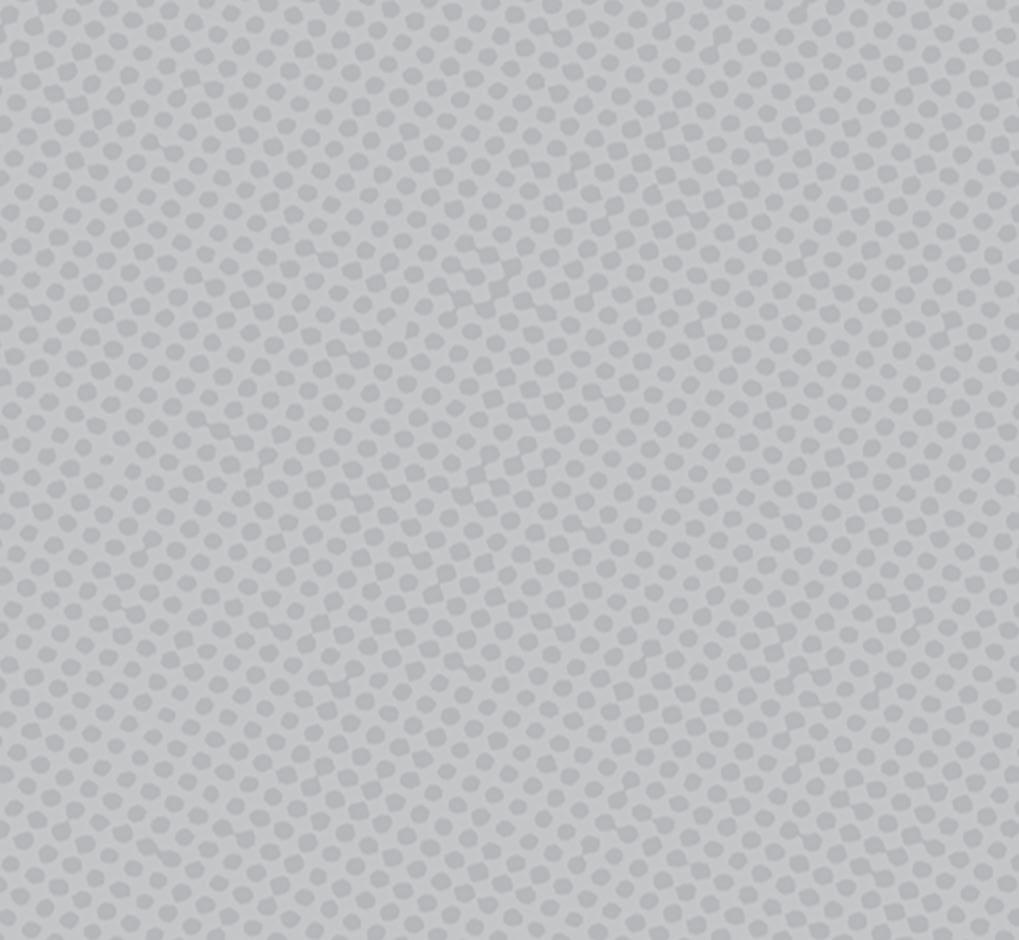
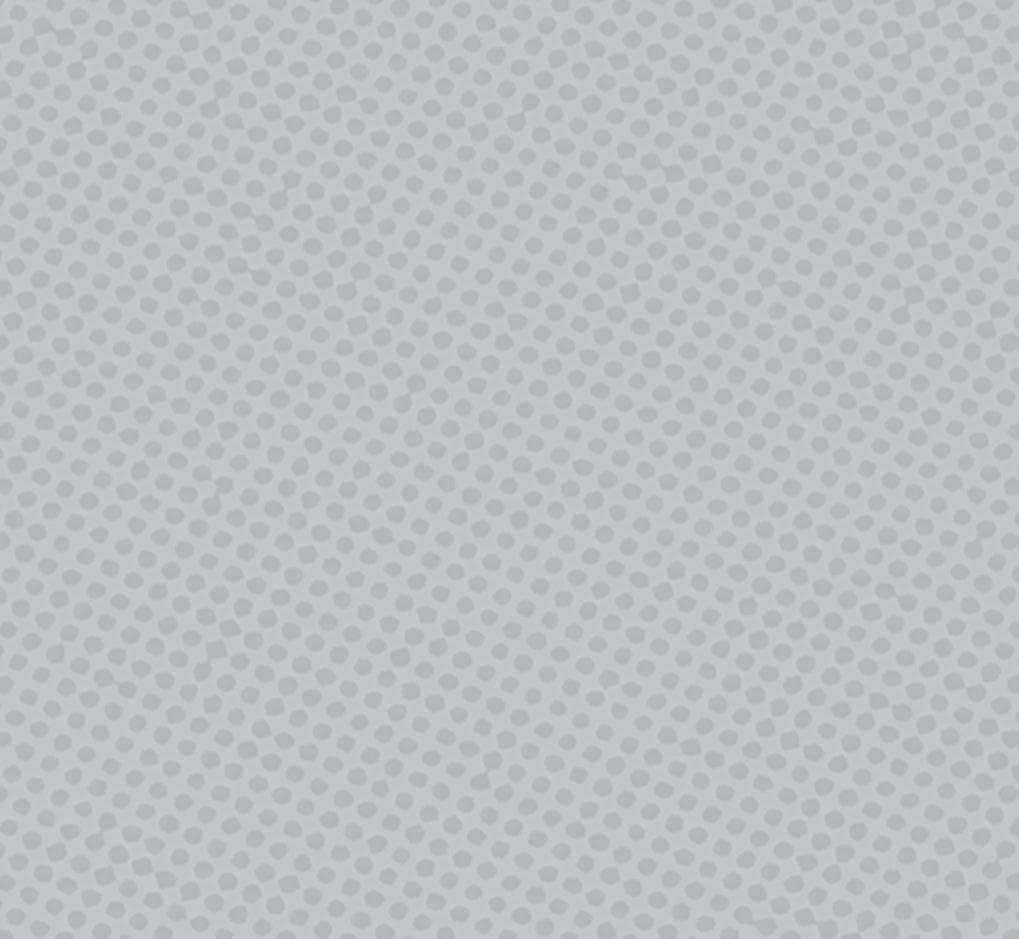
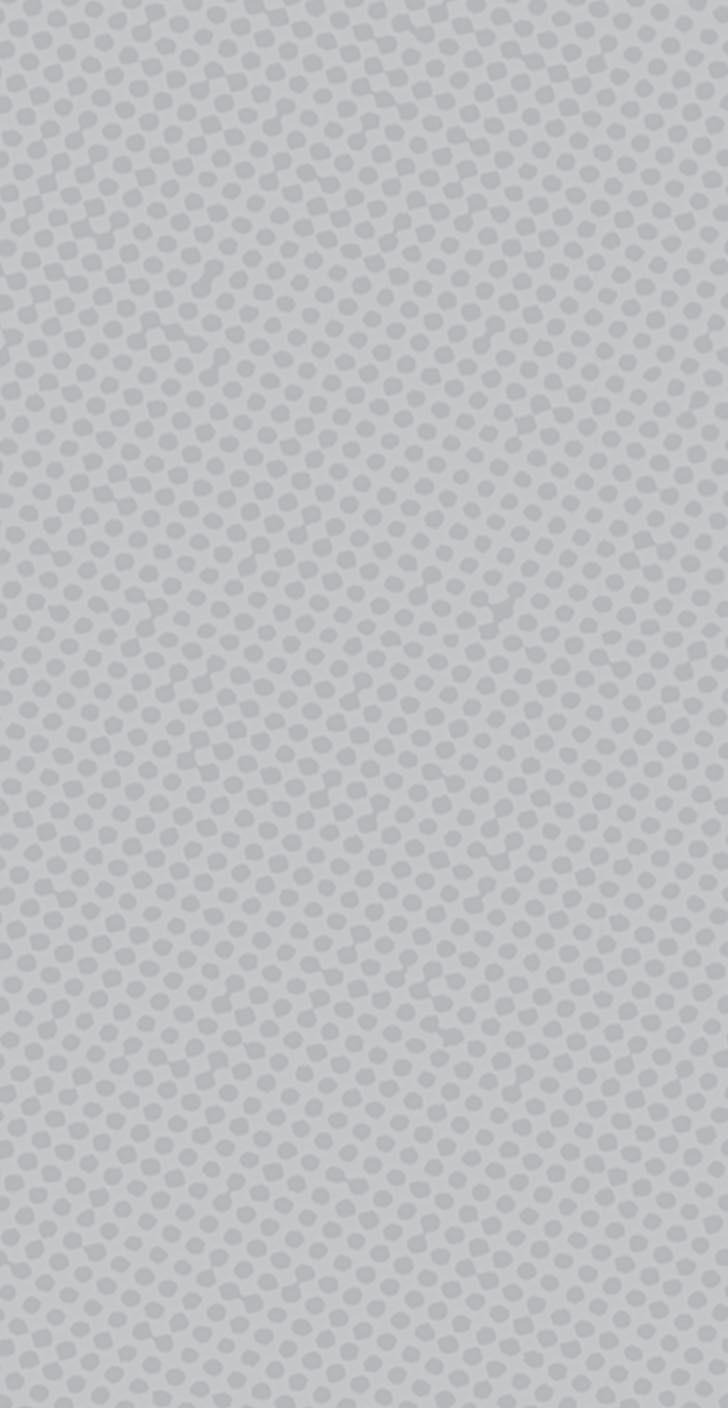
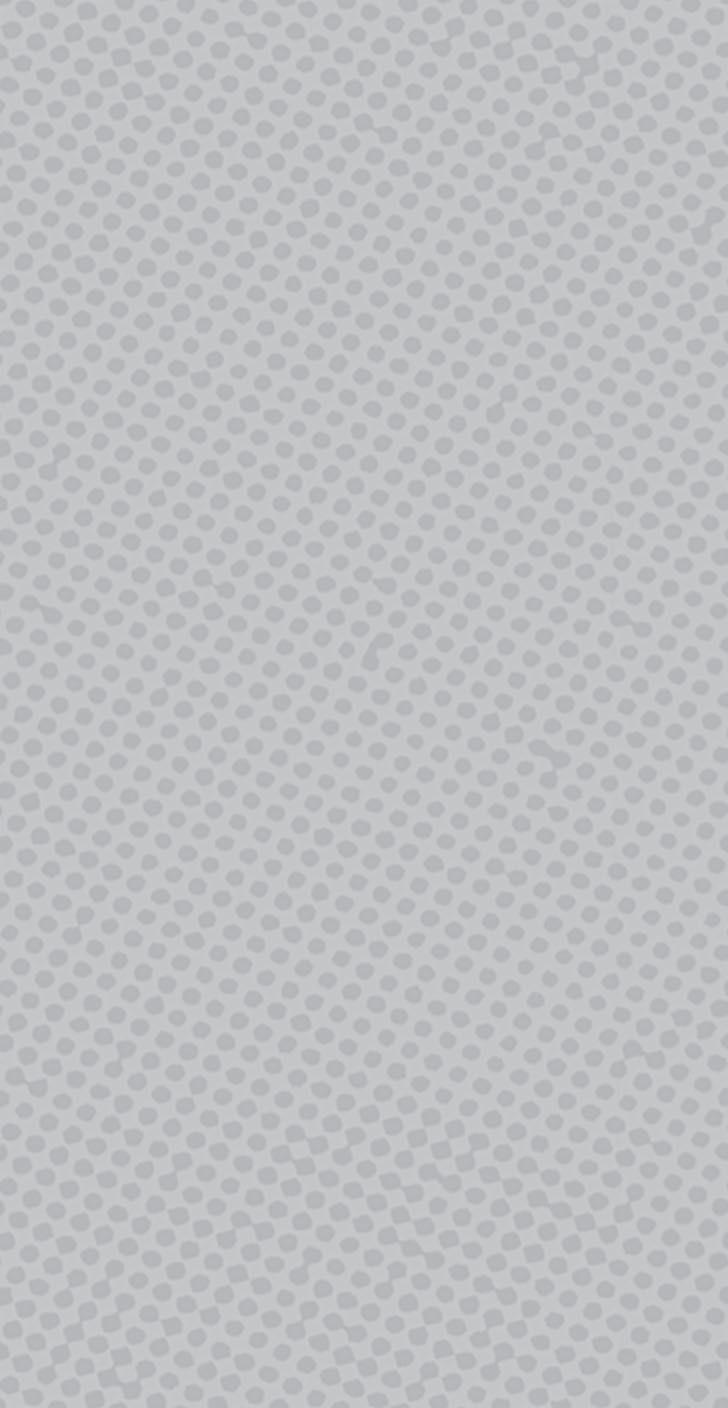
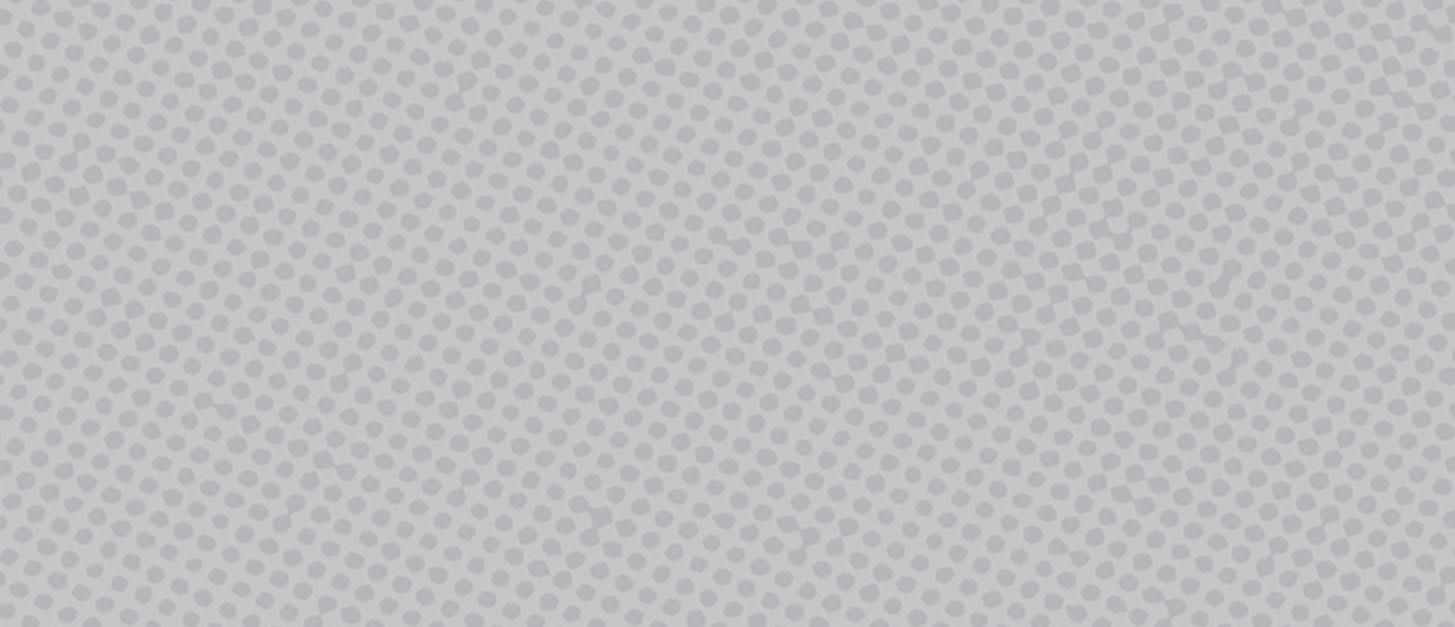
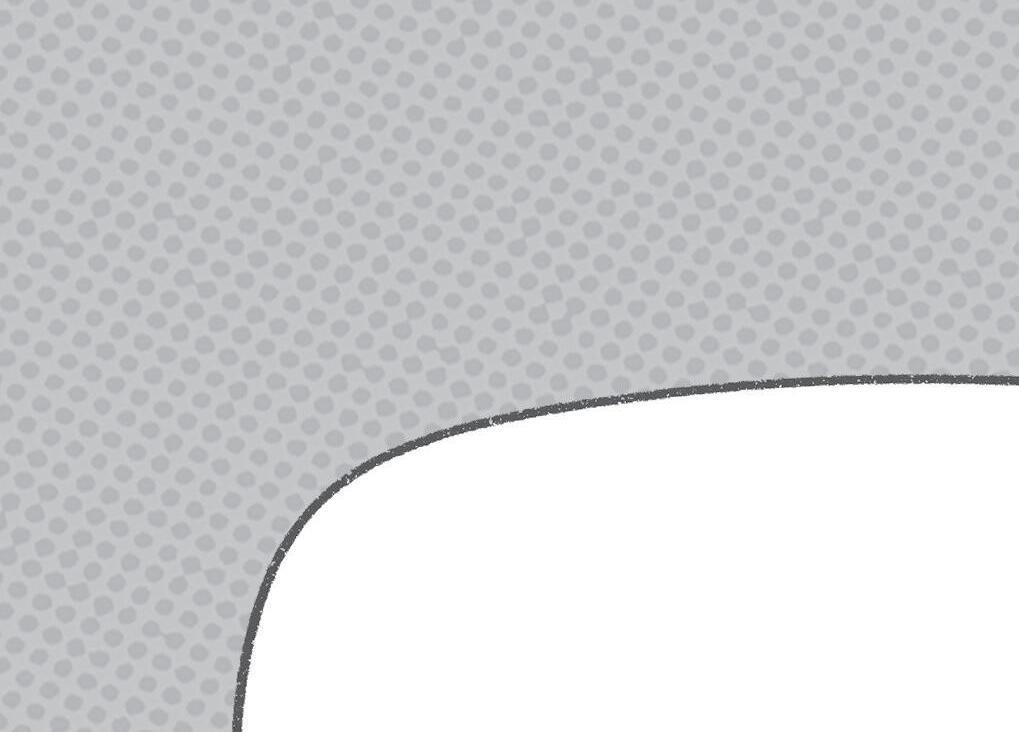
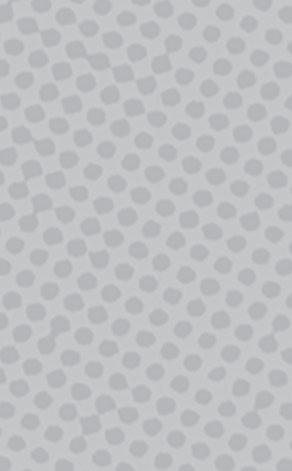

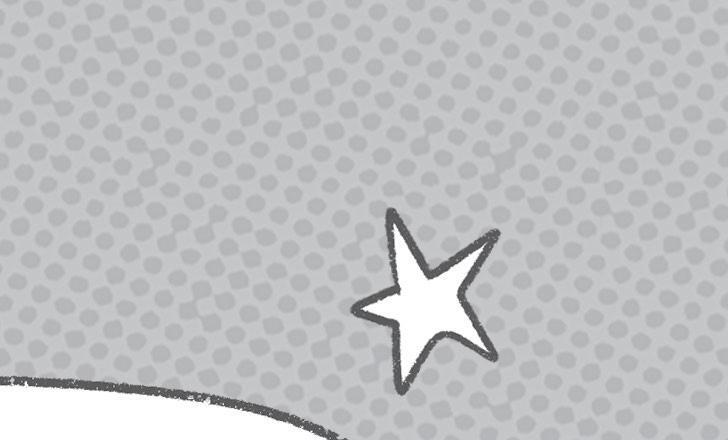
A
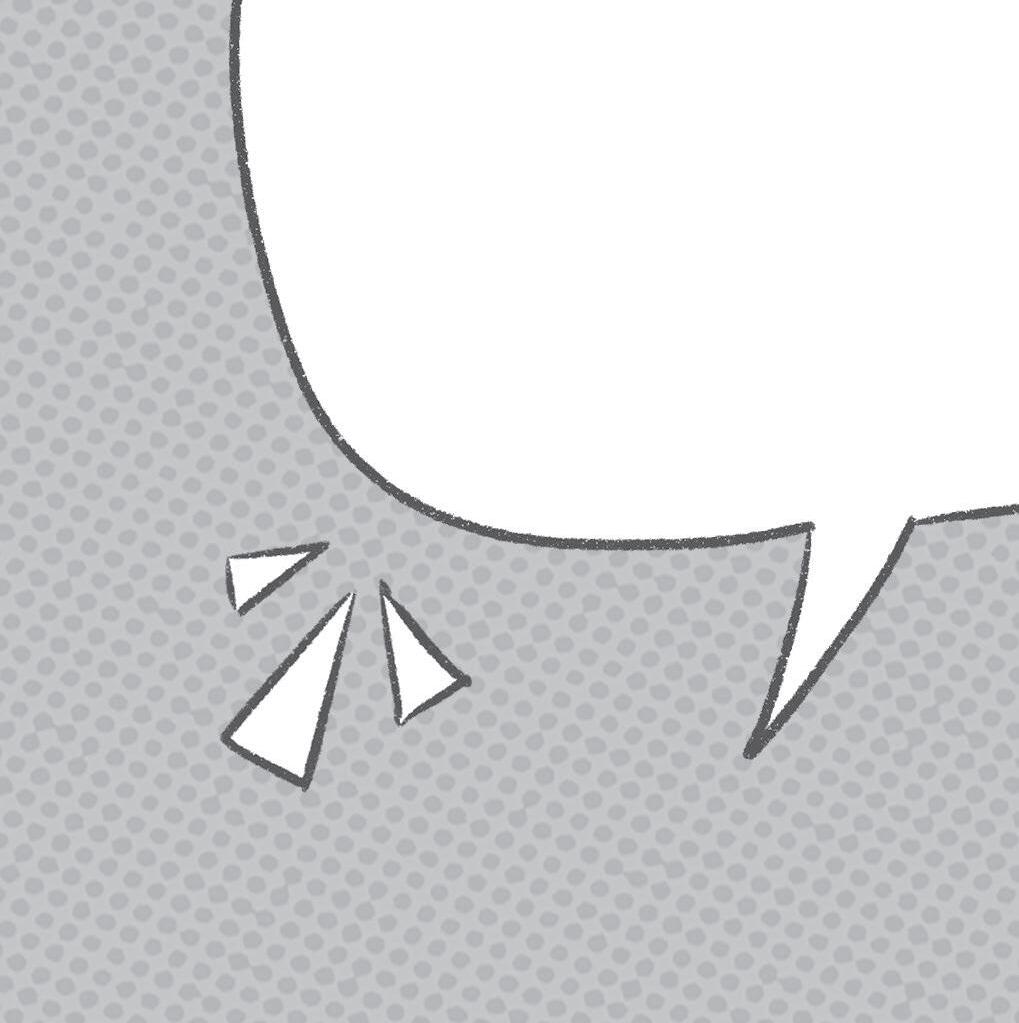

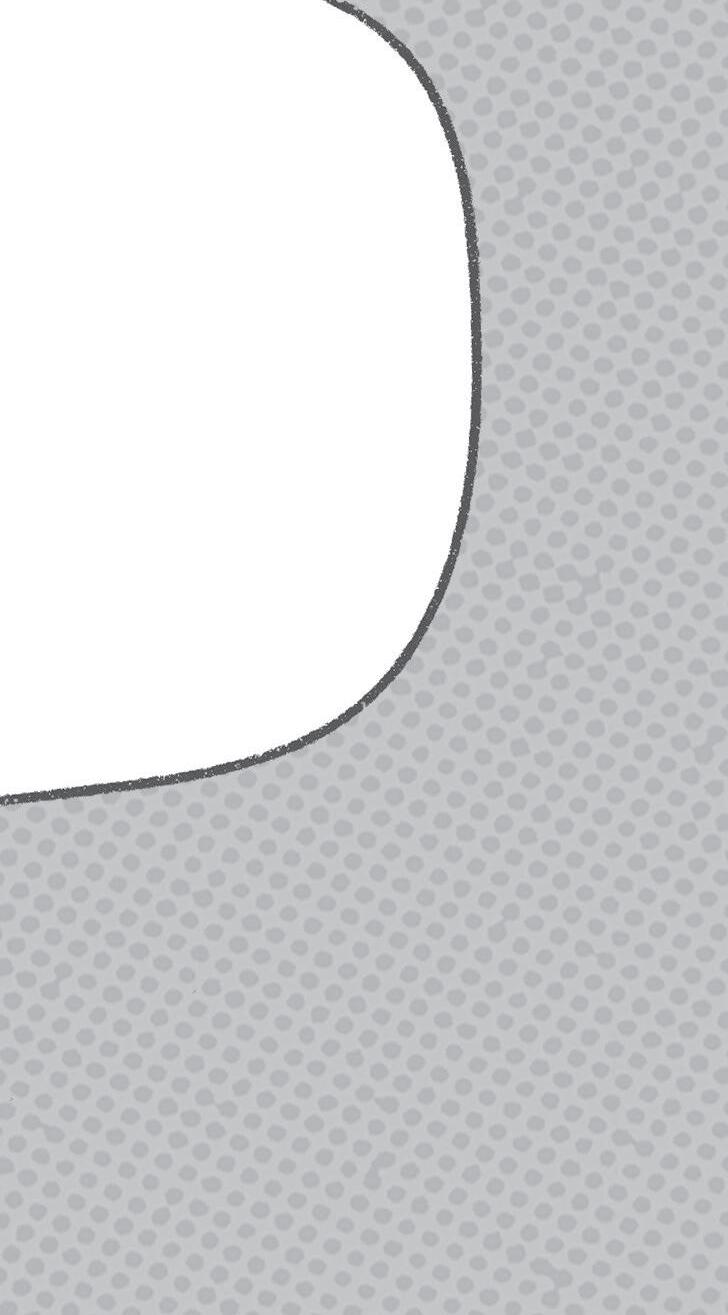
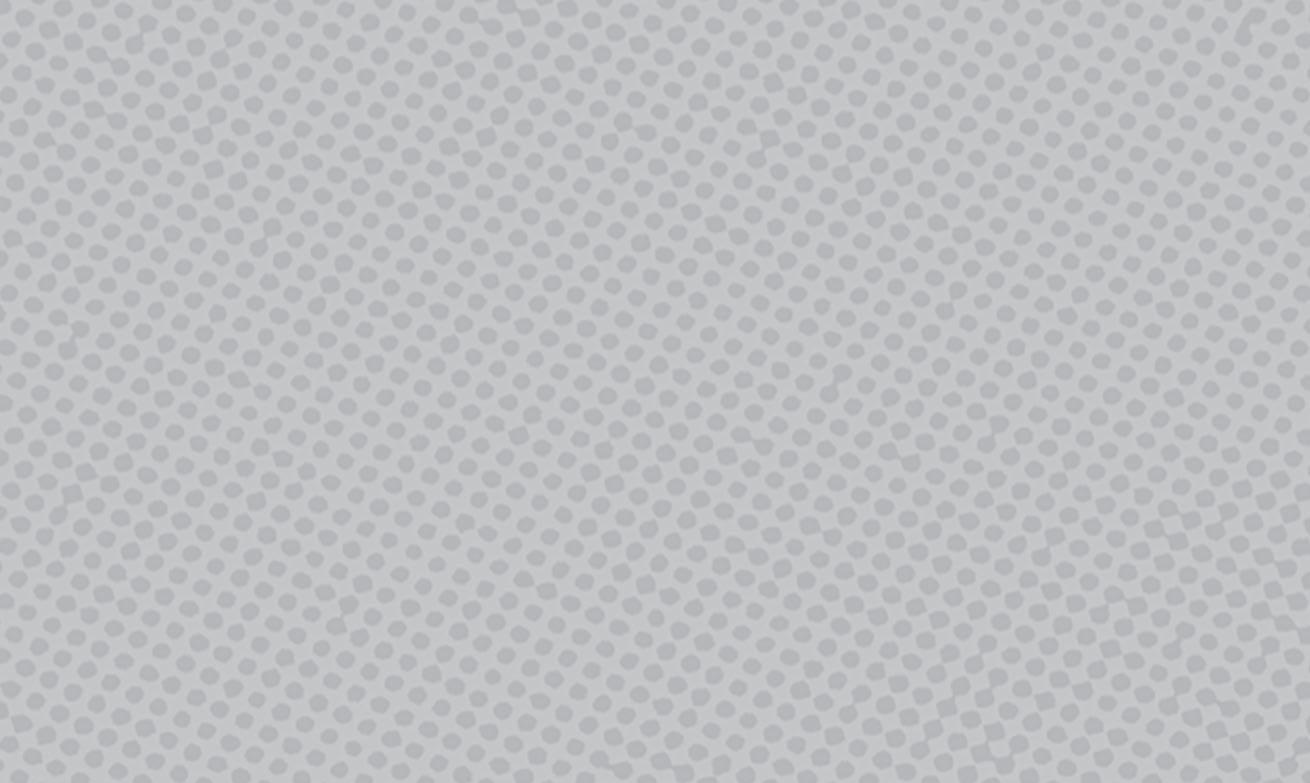
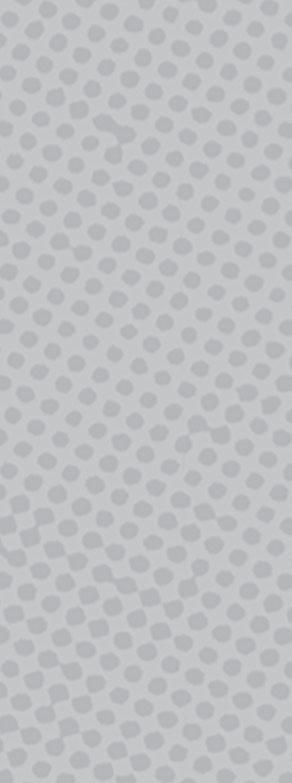
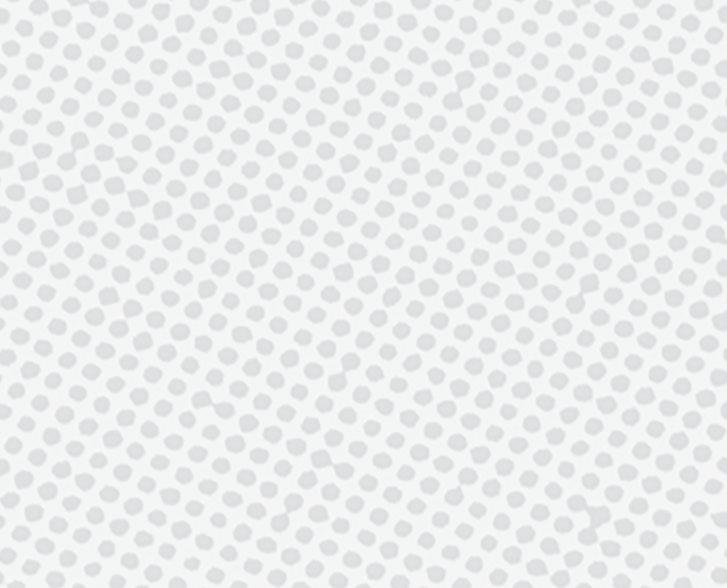
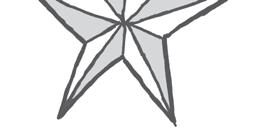
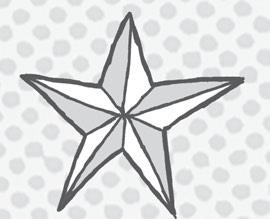
Have you ever felt like you don’t fit in anywhere?
Or as though no-one understands what it feels like to be you?
Maybe you feel like the only person in the whole wide world who looks, moves or thinks the way you do.
Well, I’m here to tell you that you are NOT alone and that you belong in this world exactly as you are.
Hi! My name is Cathy, I’m a mum, a writer and editor, and I live in England. I’m creative, sometimes a bit silly, and I have an amazing group of friends. Another thing about me is that I have a disability called achondroplasia. I know – that word is kinda tough to remember. You say it like ay-kon-dro-play-see-ah . . . An easier word you might already know is dwarfism. Achondroplasia is a type of dwarfism.
Having achondroplasia dwarfism means my arms, legs, fingers and toes are shorter compared to most other people’s; my head is bigger and heavier; and my spine (that long bone in the middle of our backs) is curved. I can run around, play games, work, learn and have fun just like anyone else, but how I do those things is different to how others do them. For example, I run very slowly
and I get tired easily. I hold a pen and my knife and fork differently to most people. When I was a kid, I fell over a lot, and for most of my childhood I needed someone to help me with my underwear so I could go for a wee.
Maybe you do some things differently to other kids too? Perhaps you sometimes find it tricky asking for help when you need it, or maybe you just need a reminder that it’s kinda sorta okay if you’re not the best at running/ sports/maths/drawing or anything else that you might find hard sometimes.
Whatever the reason you’re reading this, I’m here to help! I wrote this book just for you. Well, technically, I wrote it for both of us, because young Cathy needed this then just as much as you probably do now (and maybe even more).
When I was young, there weren’t really any books written for kids like me. My whole world was so much taller than I was – my parents, family and friends were all average height, except one friend who lived very far away. And this was before we could communicate through WhatsApp!
I never saw people like me on TV either – most of the musicians and actors I loved weren’t disabled. And when disabled people were on the screen – like the super-
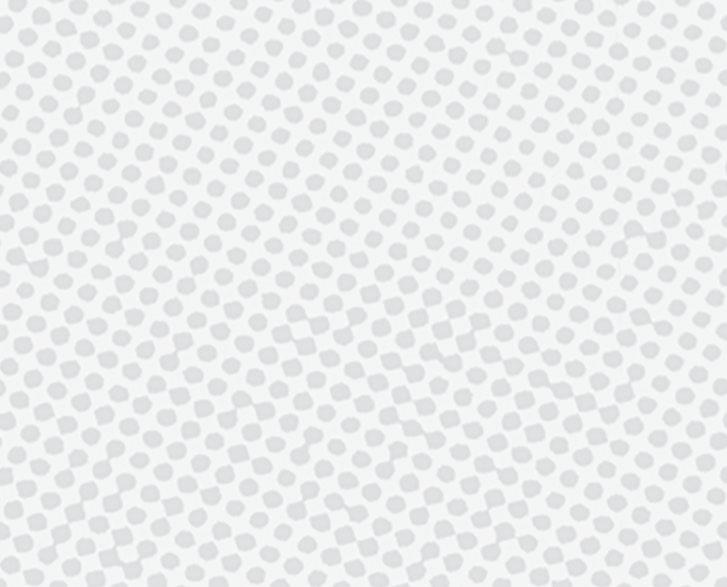


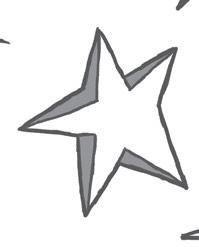
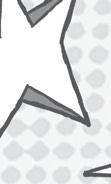
cool rock singer Ian Dury – non-disabled people would often react like,
Sorta like, wow, he can sing even though he’s disabled. And there was me thinking, of course he can – his disability doesn’t affect his ability to sing!
Back then, disabled people were either seen as these amazing heroes because we could sing/dance/run/act/ [insert any other activity here], or people just felt sorry for us.
To me, it always felt really weird when people said I was amazing just for being disabled and living my life. And I didn’t like it when people felt sorry for me either. To be honest, I often wished people would stop commenting on and thinking about what I looked like or what I could do altogether.
A lot has changed since I was a kid, and nowadays there are so many disabled actors, singers, writers, TV presenters, models and athletes on our screens, and in books and magazines. Laws have changed, making it easier for disabled people to have jobs whether they're famous or not. There are more disabled doctors, dentists,
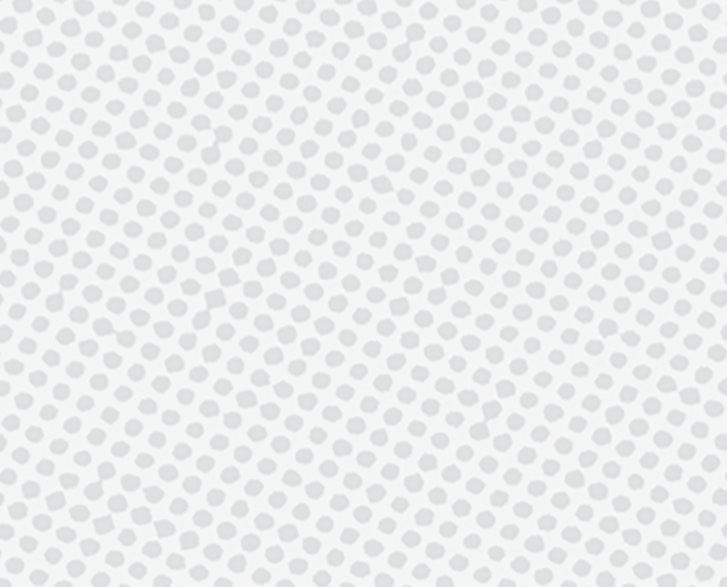
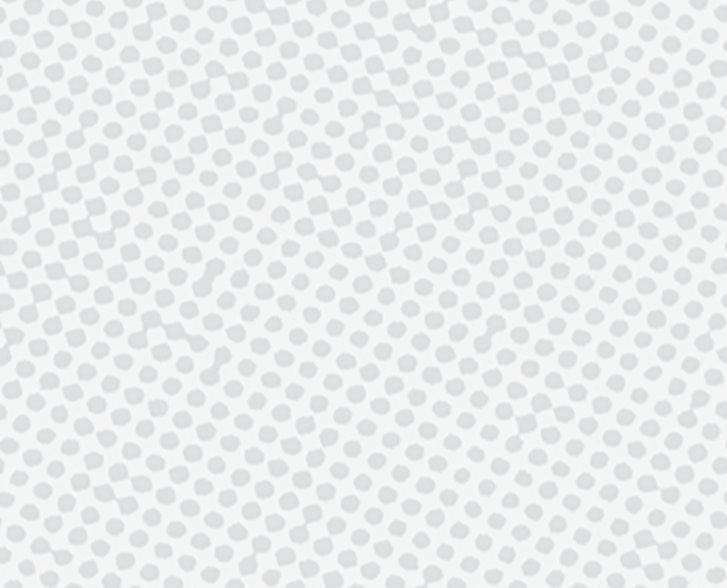
hairdressers, shopkeepers, bankers, and every other type of job. The more we see disabled people represented in everyday life, the more likely it is that non-disabled people will treat us just like anybody else – and not be so surprised to see us out in the world. But society still has a long way to go towards fully accepting all disabled people, which we’ll talk more about later in this book.
As a young person, I often felt like life was so much easier for other kids. They could find cute shoes that fit their feet. They won swimming certificates and sports day medals all the time (or at least, it felt that way). When they stood up in class, they were still able to see the teacher AND they didn’t have to deal with people making constant judgements about them and their disabilities.
On top of all that, I was sometimes teased and bullied by other children who were afraid of the way I looked or who just didn’t like seeing someone like me. Dealing with bullies was definitely the hardest part of growing up, and the part where I felt most alone. Sometimes I really wanted a friend to talk to about it, or who would support me in the playground. I wanted some advice on what I could do when people were being unkind. And I really wanted friends that liked me for who I was, and who could tell me that the mean things the bullies said just weren’t true. If you’re experiencing anything like
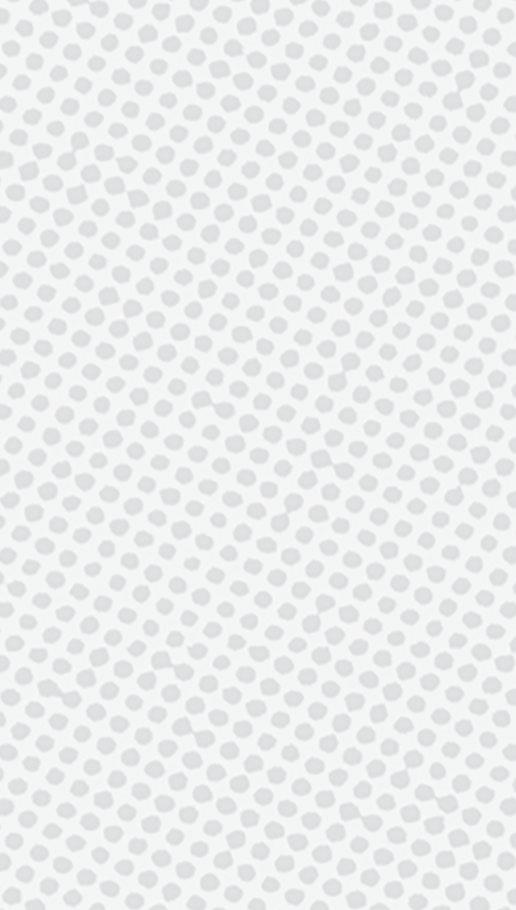
this, I want you to know that a lot of kids go through similar things, and that being bullied is never, ever your fault.
As I’ve gotten older, I’ve built amazing friendships, travelled the world, and done so many incredible things with my life. I’ve been to university and even worked in another country. I’ve fallen in (and out of!) love, been married, become a mum, adopted animals, had jobs I enjoy, and I’ve bought a house all on my own (okay, a flat. But it’s a start!). I’ve campaigned for the rights of disabled people worldwide, and met so many awesome people along the way. The difficulties that I’ve faced have only made me stronger and more determined. I know I belong in this world exactly as I am, and I want you to know it too.
Maybe you have been through some of the same things as me. Maybe you don’t feel like you fit in, or you’ve been made to feel unwelcome by other kids. Maybe you struggle making friends or doing sports or other lessons, in ways that other kids don’t. Of course, not every disabled kid will go through all the same stuff, but a lot of the experiences discussed in these pages may be similar to yours. I’ve got a few of my fab disabled friends to share some of their experiences too.
I hope this book helps you to feel understood and to know that you are not alone. I hope it helps you to see that lots of us find things hard, and that it’s okay to need support. I hope it helps you find people who understand and celebrate you for who you are. And I hope it reminds you that, no matter what you can or cannot do,
You










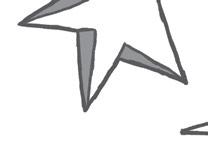
Oh, and by the way, before we go any further, I should probably tell you that ‘disabled’ is not a bad word. I know, you’re thinking, ‘huh’? But it’s true. Being disabled gives me an understanding of the world that is special and beautiful and rare. It helps me to appreciate that we’re all awesome, no matter what we look like or what we can or can’t do – AND being disabled can be really fun and exciting too, as you’ll find out later in the book.
After all, wouldn’t life be really boring if we all looked, felt and behaved the same way?
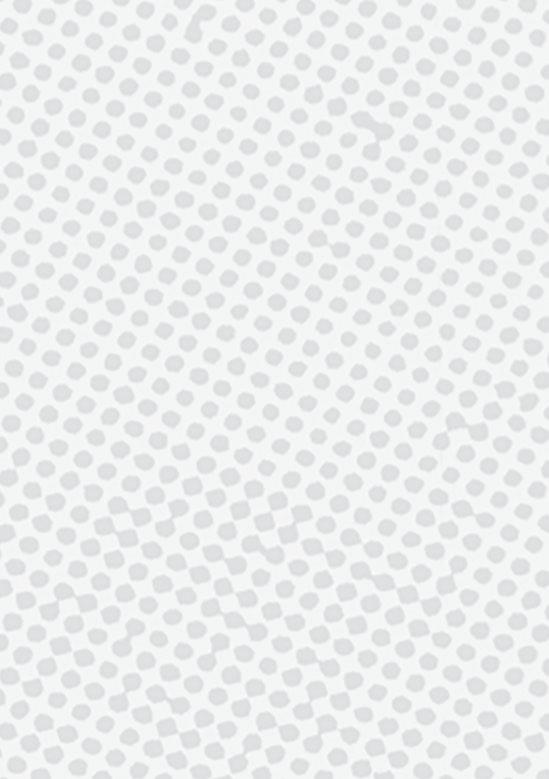

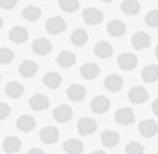
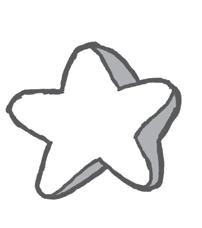
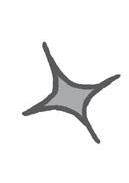

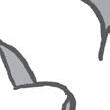
Firstly, I want to say thank you. Thank you for raising such a brilliant kid and having these conversations about disability with them from early on, which will help to ensure they also turn into an incredible, assertive, self-assured adult. Raising children is a blessing (when they’re not driving us up the wall, that is), and as a mum of two I know those highs and the lows very well!
Parents of disabled children rarely get recognition for how different our parenting journey can be. I have often experienced the jarring feeling of in one way being part of a supportive parenting network, while in another sense, knowing my place within it is on the periphery, never fully accepted or understood by others in the parenting community.
The alienation that I sometimes experience in parenthood is in part because my kids are disabled, but it is also because I’m disabled. People don’t

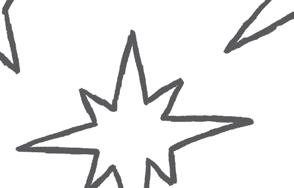




know what to do about them or me, or they just want to pretend we don’t exist. Maybe you’ve experienced some of that loneliness and isolation too. Maybe you haven’t known where to go for support or how to equip your kid with the tools they need to navigate the many barriers they’ll face. Maybe you’ve had to deal with intrusive questions at drop off and pick up, and maybe you’re struggling with unlearning the things the world has told you about disability that just aren’t true.
I hope that you and your kid(s) have the support you need. But, just in case you need a little bit of extra help and guidance, this is the book for your family. I’m here to teach your awesome kids that they are not the problem and that their disabilities are not something to be fixed or to be ashamed of. This book will teach them about ableism and inaccessibility in a relatable way and show them how it’s up to society – not disabled people – to remove the barriers that we face. But in the same breath, it will teach them some of the things that we can do to make life just a little bit easier for ourselves. This book will give your children tools to navigate systems that aren’t built for them, and encourage them to ask for help – often with
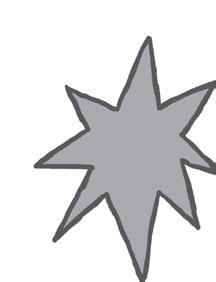
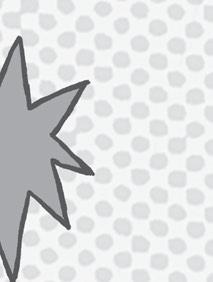



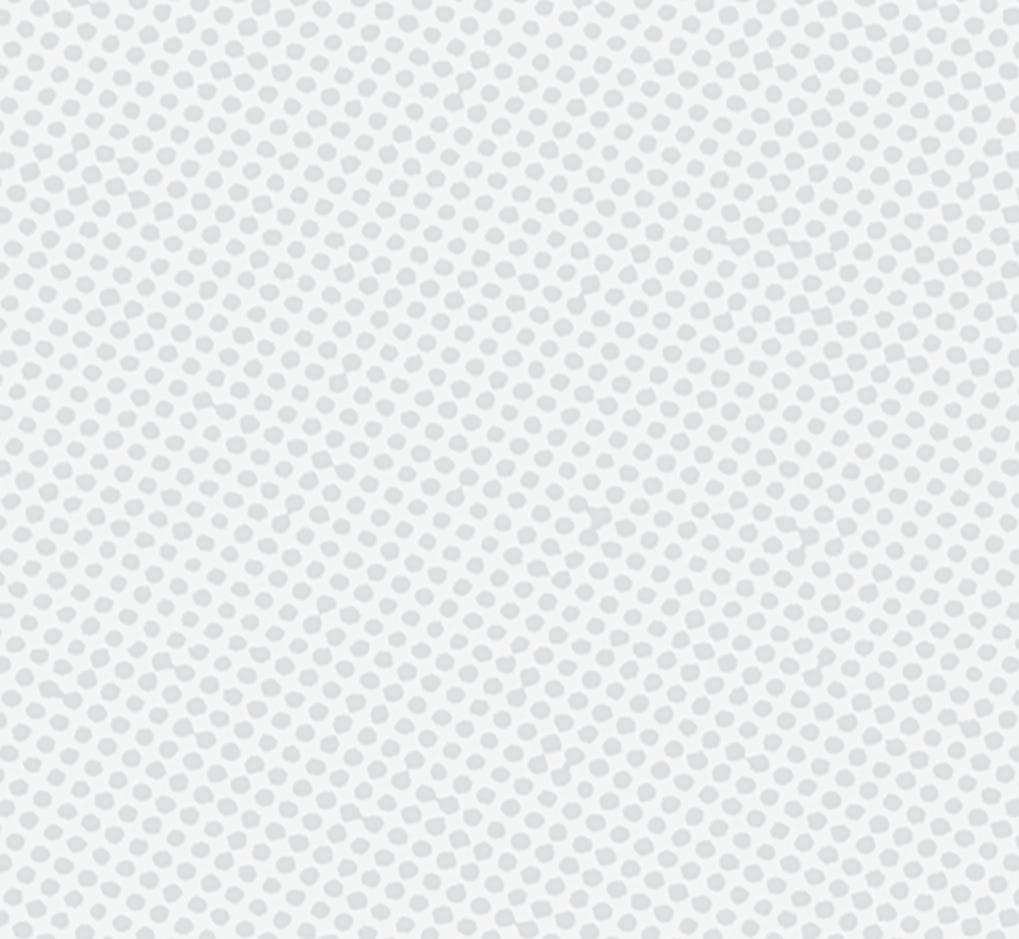
you alongside them! It’ll show them how to use their voice to advocate for change, how to be comfortable in their disabled identity and maybe even a bit proud too. And there’s a list of further reading and resources at the end to support what they’re learning in this book.
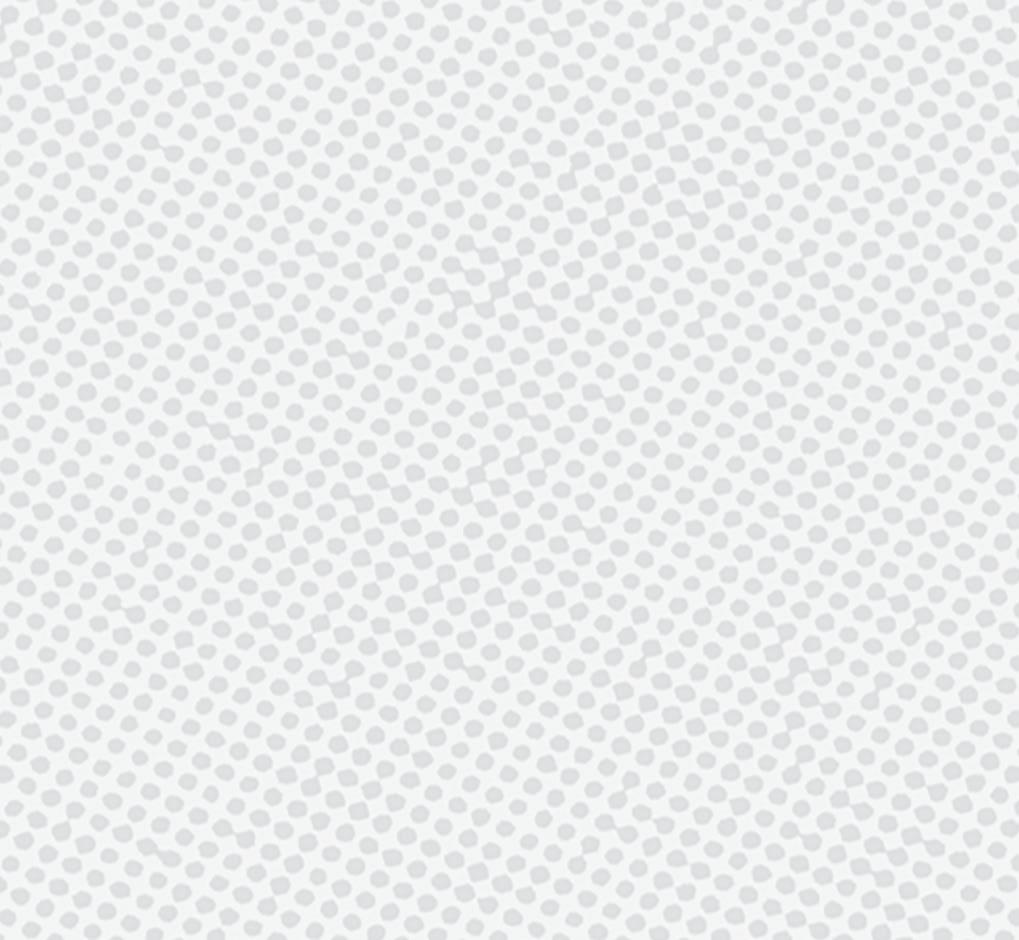
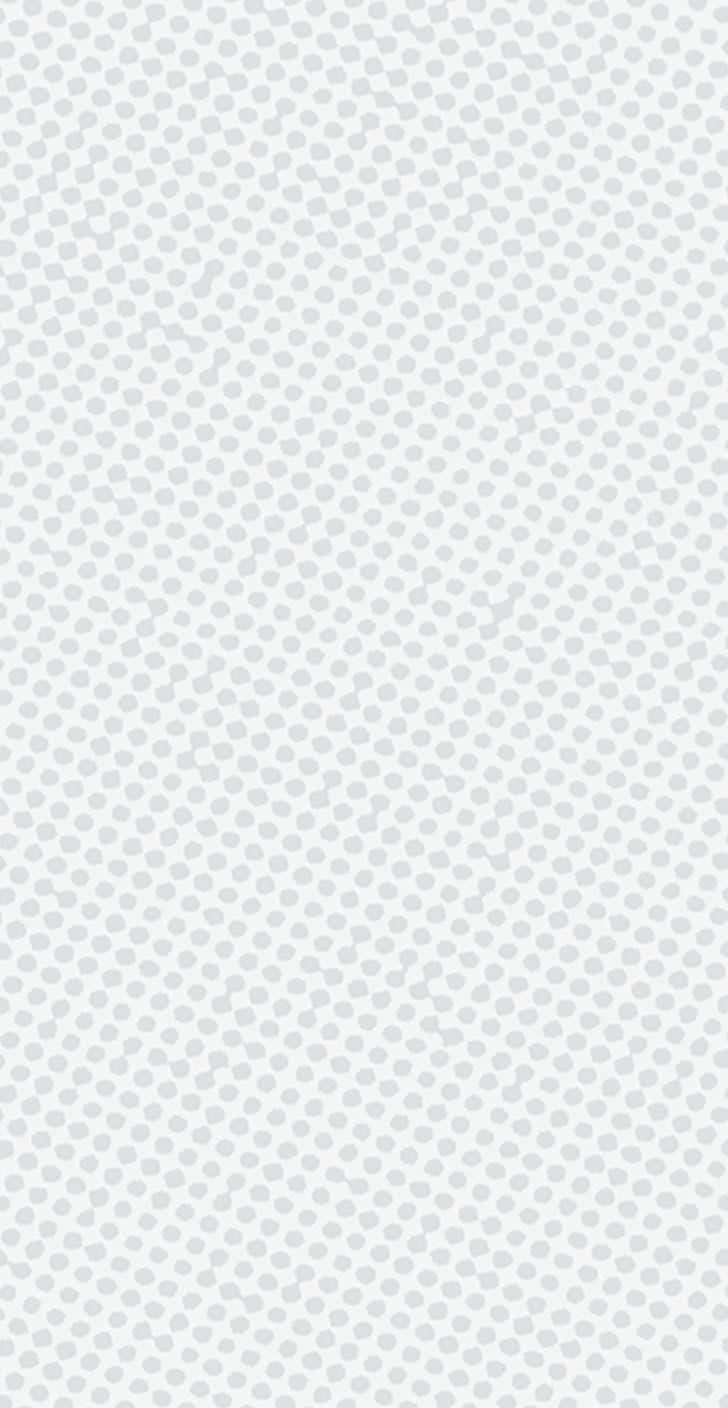
There are bits in here that might be hard for your kid (or you, or both!) to read or accept, and there are bits that might feel overwhelming too. Some parts – like speaking up in meetings about their care or organizing support – they will almost definitely need your help with (at least to start with). I encourage you to read this book too, and to come back to it whenever you need guidance discussing any of the themes it covers. This is their journey, but they’re going to need your support (with their consent of course).
Unlike some disabled kids, yours will already know they’re not alone simply because they have you –a parent or carer that accepts and loves them and is willing to put in the work to help them navigate this complex and sometimes unkind world. Thank you for sharing this book with them, and for understanding that helping your child learn about
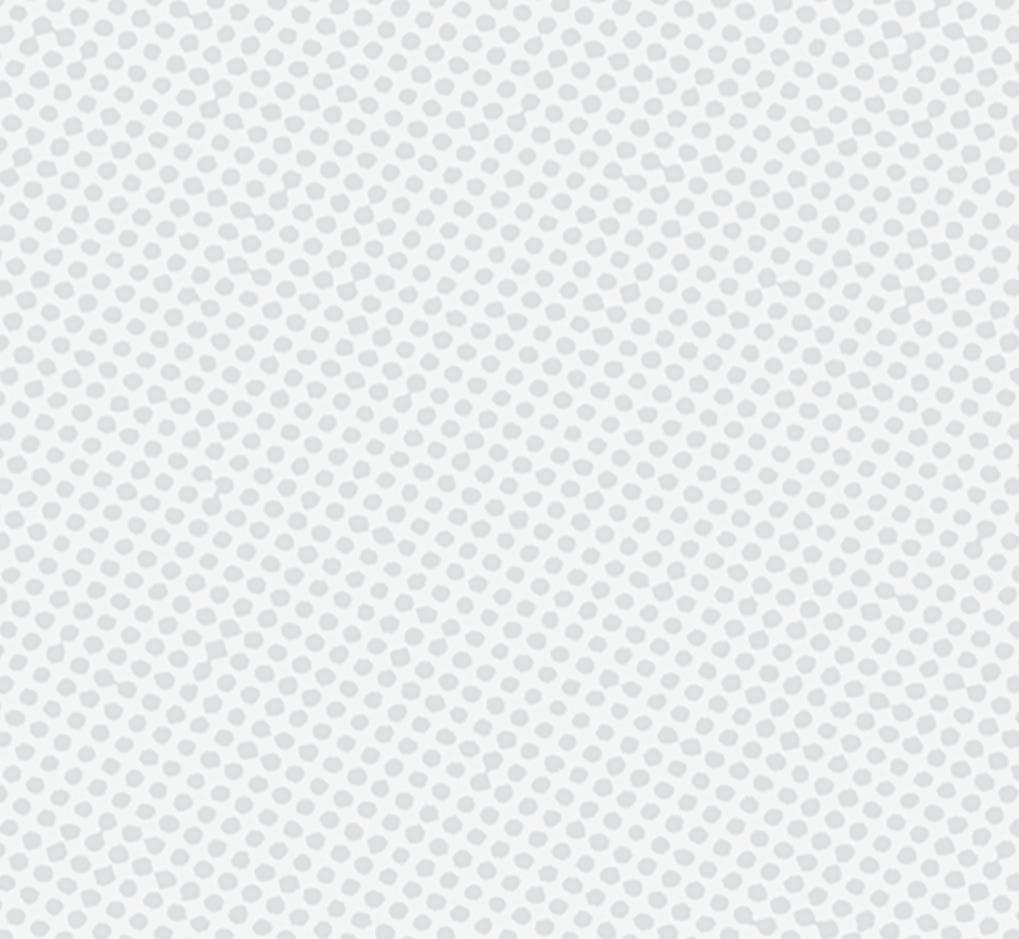
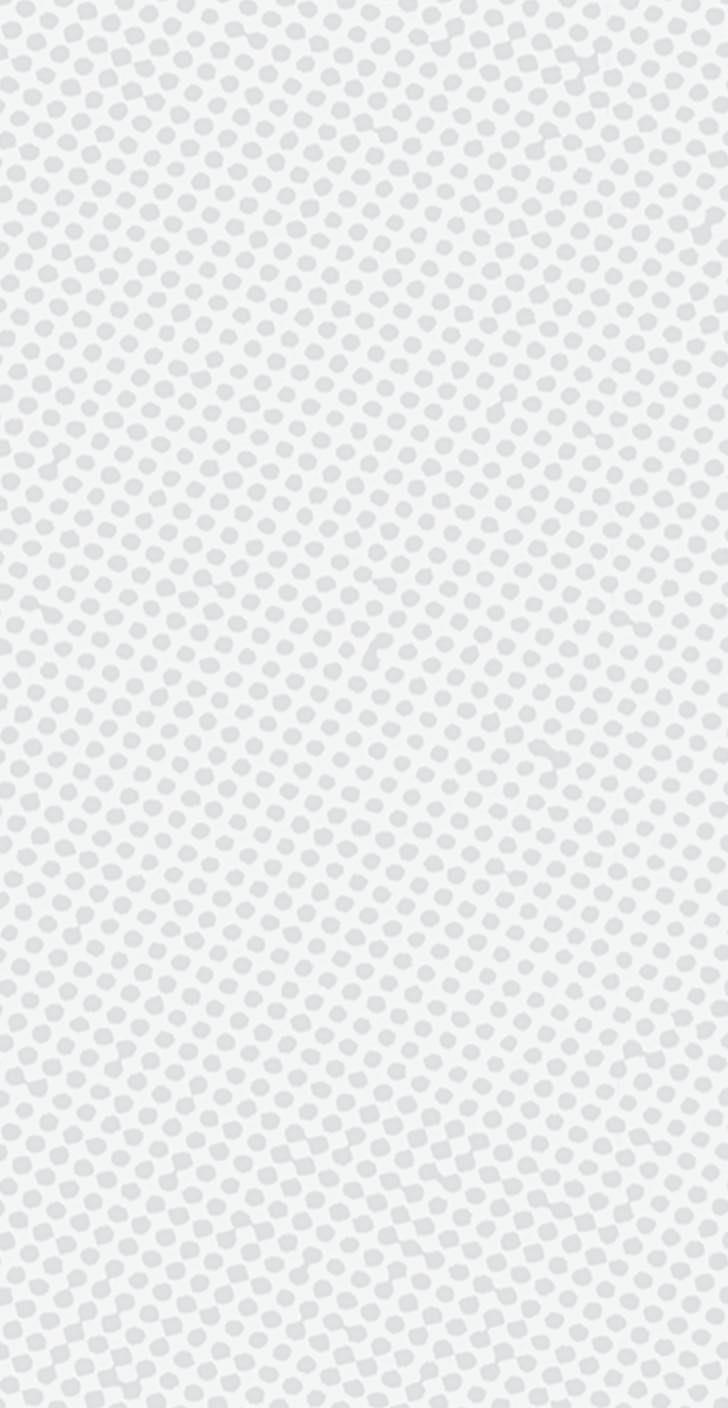

and be comfortable in their disabled identity is so important.
They’ll thank you when they’re ready too.


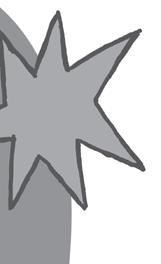


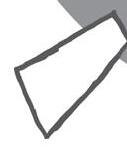



The term disability or disabled includes so many di erent impairments and types of impairment, and I’m aware that not all disabled kids will be able to read this book, process its contents or take the actions suggested in its pages. This is also why I’ve written it with you, the parent or carer, in mind. I hope that some of the advice and information I've shared here will be helpful for you too.











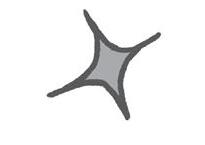
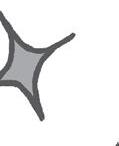
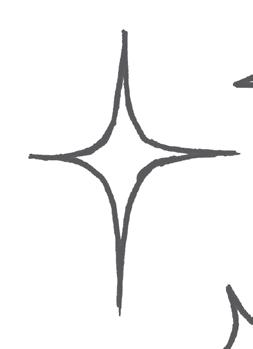
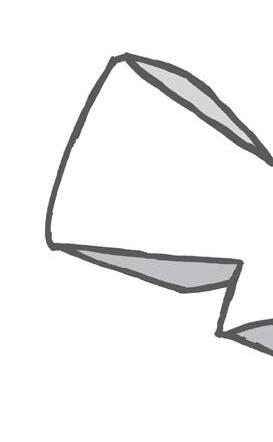
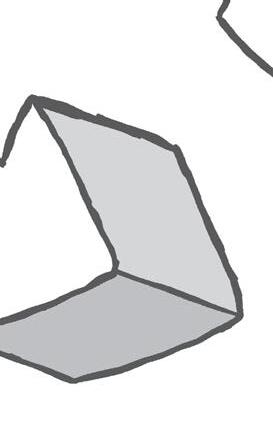






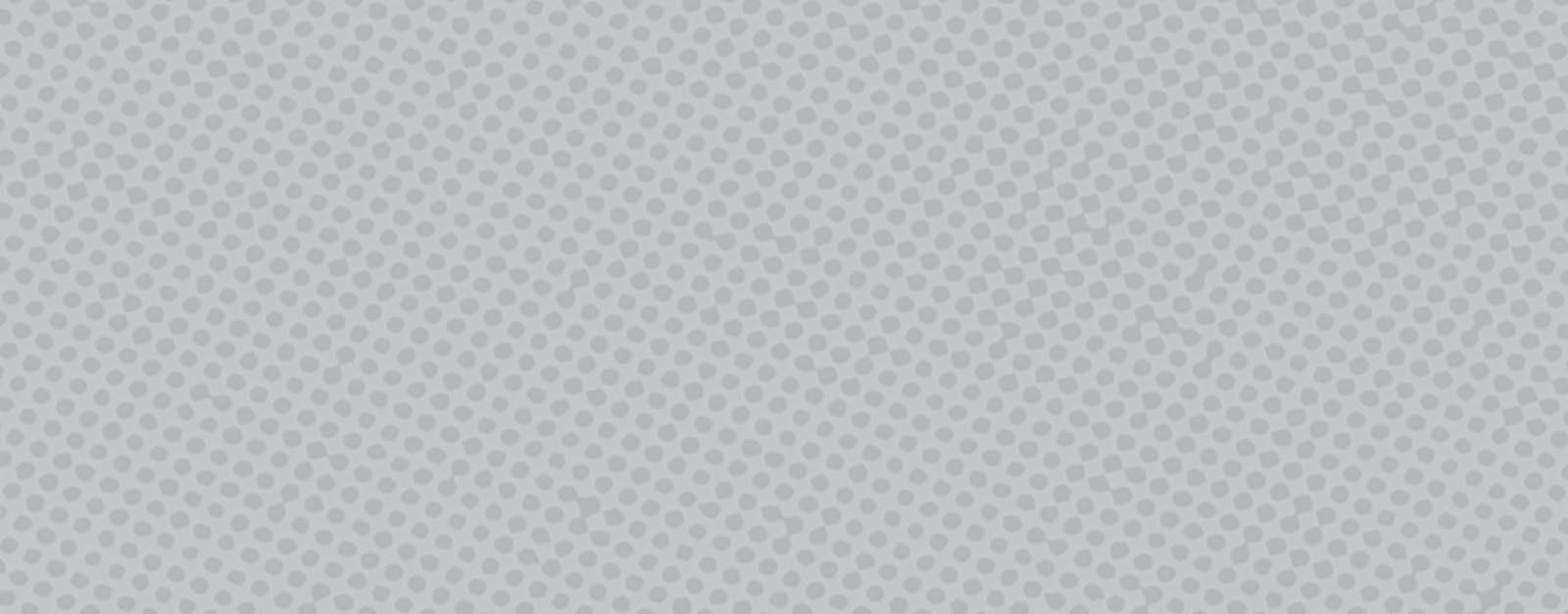



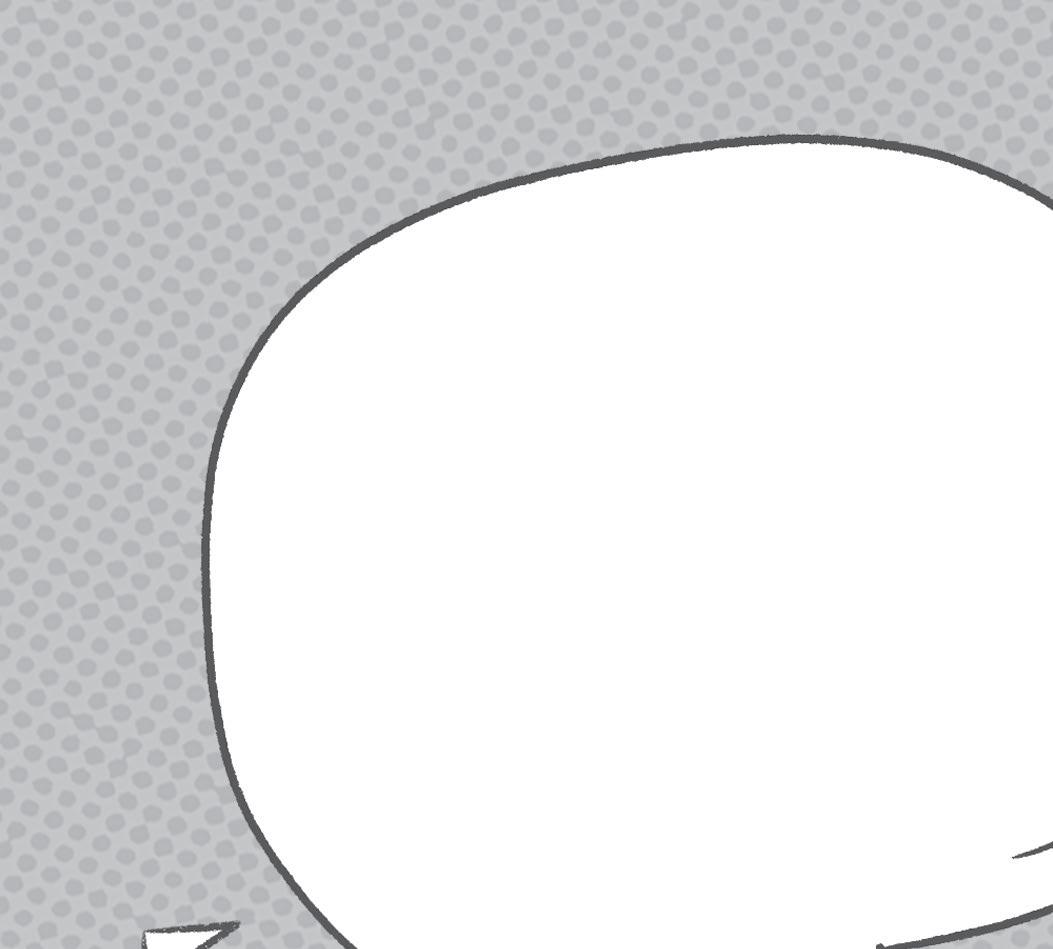
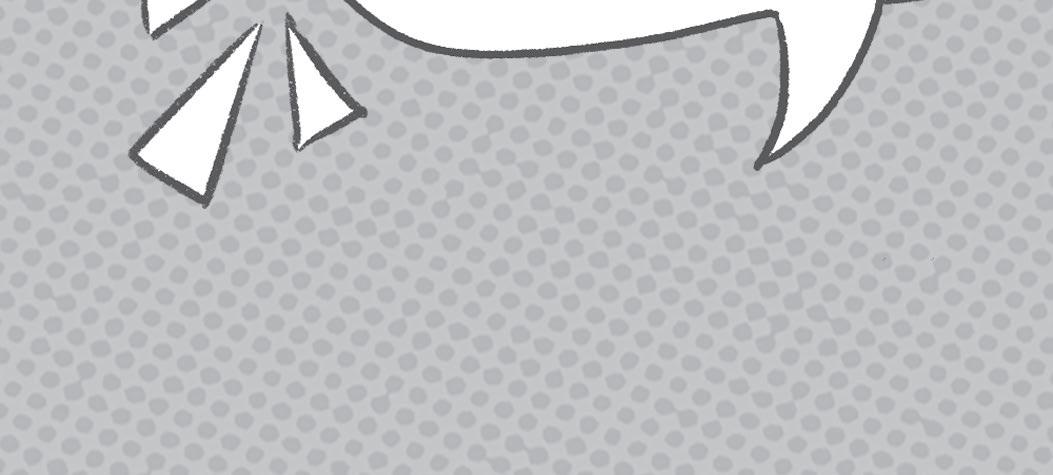




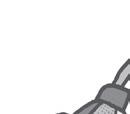
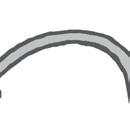
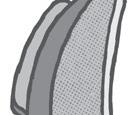

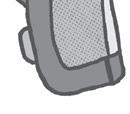
Woah, we’re diving straight in with the tough questions! Disabled is a big word, isn’t it? But is it a positive word or a negative word? Who is allowed to call themselves disabled and who isn’t? Will people think you’re weird for saying you’re disabled? (Can we even say that word, or should we just say it in a really quiet voice?)


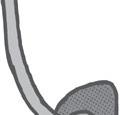
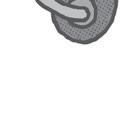
Here’s the good news – you can absolutely call yourself disabled if you want to. It’s not wrong, and it’s not bad. In this chapter we’re going to explore what exactly that word means, as well as unpacking some of the other words you might have heard people use around disability, such as ableism and inaccessibility.
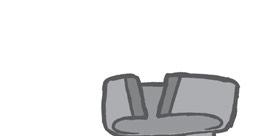
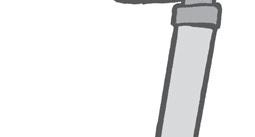


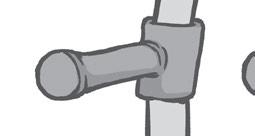

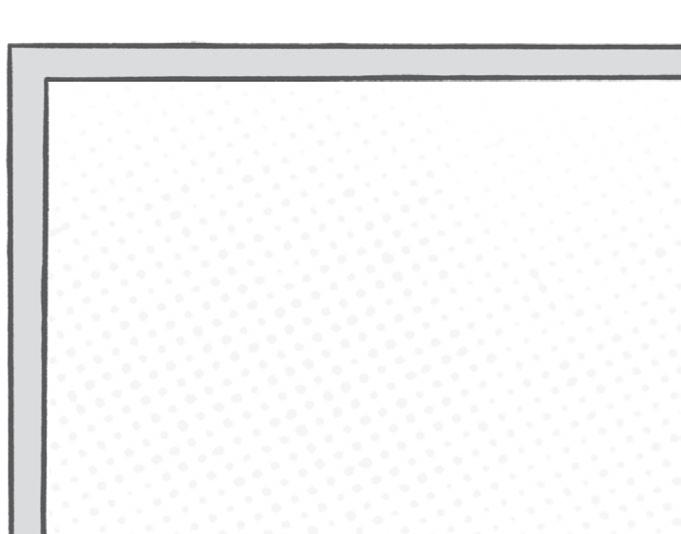


This chapter is JAM-PACKED with definitions of words and phrases linked to disability, some of which you may know and some you might not yet. It’s probably a lot to deal with in one go, so I suggest you come back to it now and again whenever you need a reminder of what all these fab words mean!
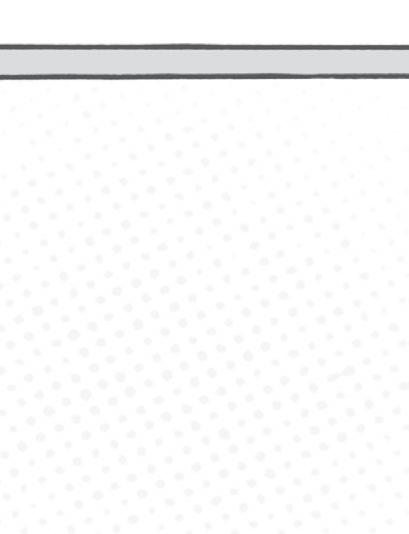

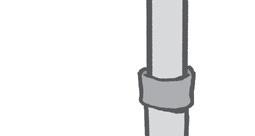
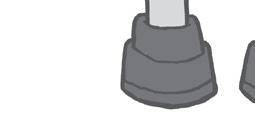
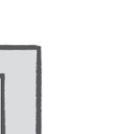
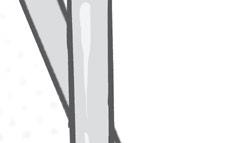
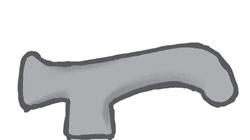
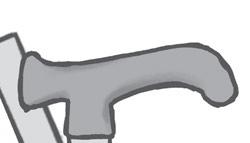
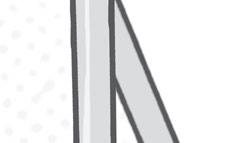
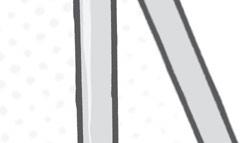

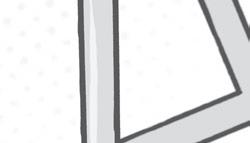
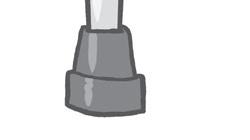
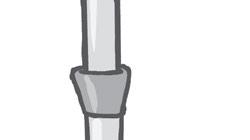
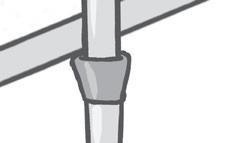



Before that though, I’d like you to remember something:



The way you describe yourself is totally, utterly, completely up to you.





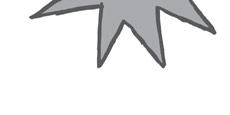
Nobody else. Not your family, friends or school. Not other disabled people – not even me 1, the person writing this book. If you don’t want to call yourself disabled, no problem. If you prefer using another term, or maybe nothing at all, that’s your choice. And it’s also okay for you to change your mind whenever you want and however many times you want. Nobody else has the power to decide what or who you are or how you describe yourself. EVER.
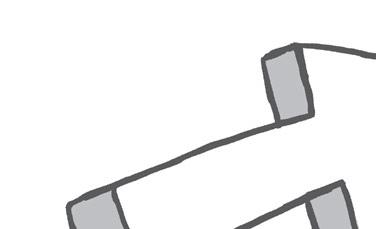

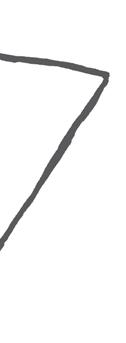
1. I will, however, use the word disabled through this book to mean people like you and me – because it’s the word I prefer to use.

All I ask is that you read this chapter and have a think about how you’d like to talk about your brain and body. I’m really sorry, but this does involve a bit of a history lesson (I’ll make it quick, promise).
The word disabled has been around since way before you or I were born, or our parents, or even our grandparents. In fact, the earliest recorded use was in the 1500s, but not in a kind way. Then, in the early 1900s (still a very long time ago), people started using the term handicapped in games and sports to mean something of less value than something else. This slowly made its way into general language to also describe people like you and me. But we’re not less valuable than anyone else, are we? NO WAY!
Nowadays, people don’t really say handicapped (well, unless someone is trying to be mean). After all, the reason we struggle sometimes isn’t because there’s something wrong with us – it’s because our bodies and/or brains work differently, and all that means is we might need some extra help from time to time or to do things in a different way.
Fast-forward to today and many people – including our governments and world leaders – use the word disabled again, only with a much more empowering and positive meaning than it did before. Today, the word disabled doesn’t mean that someone is less important or imperfect; in fact, for many people the word represents an identity to be proud of. Disability isn’t something to be ashamed of, and if someone thinks being disabled is bad, that’s usually because they feel ableism towards us – and that’s likely because they’ve been taught things about disability that just aren’t true.
Ableism means prejudice and discrimination towards disabled people. You might now be thinking, hold on, what’s the difference between prejudice and discrimination?

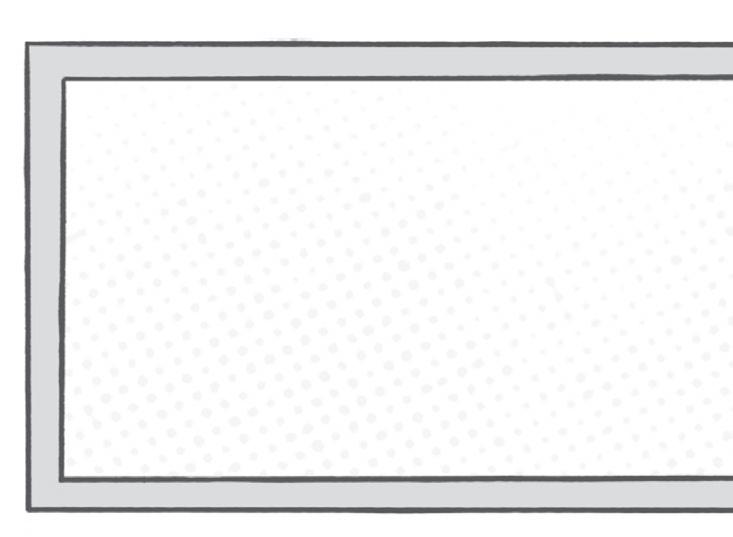
Prejudice: holding certain beliefs about a person based on their characteristics, and in this case, that characteristic is their disability –for example, disabled people can’t work.
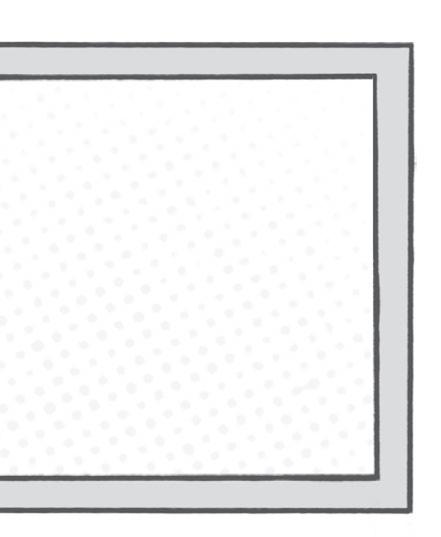


Discrimination: when a person does something because of those (totally made-up) beliefs – for example, not giving a disabled person a job because someone believes they can’t do it.

Some people are more ableist than others, but everyone is ableist sometimes – even disabled people! Ableism focuses on disability as the problem, rather than looking at all the ways in which society is failing disabled people. Like not giving someone a job because you think their disability means they can’t work, instead of looking at how the workplace could be changed to make it possible for them to work there. It’s much easier to say the reason that person can’t work there is because they’re disabled, rather than to try and fix the workplace for them. But just because it’s easier to say that, doesn’t make it true.


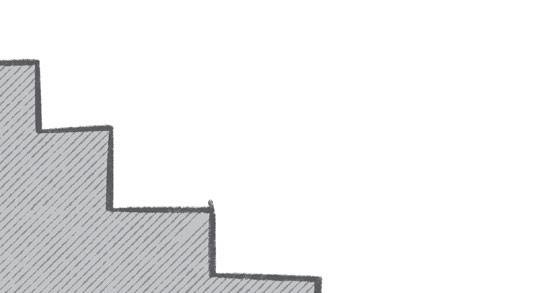

There are many barriers (things that make it harder to do something) in society that create problems for disabled people. Barriers can be visible – like steps to a building without a ramp – or invisible, like not allowing someone to work different hours. These barriers put pressure on


